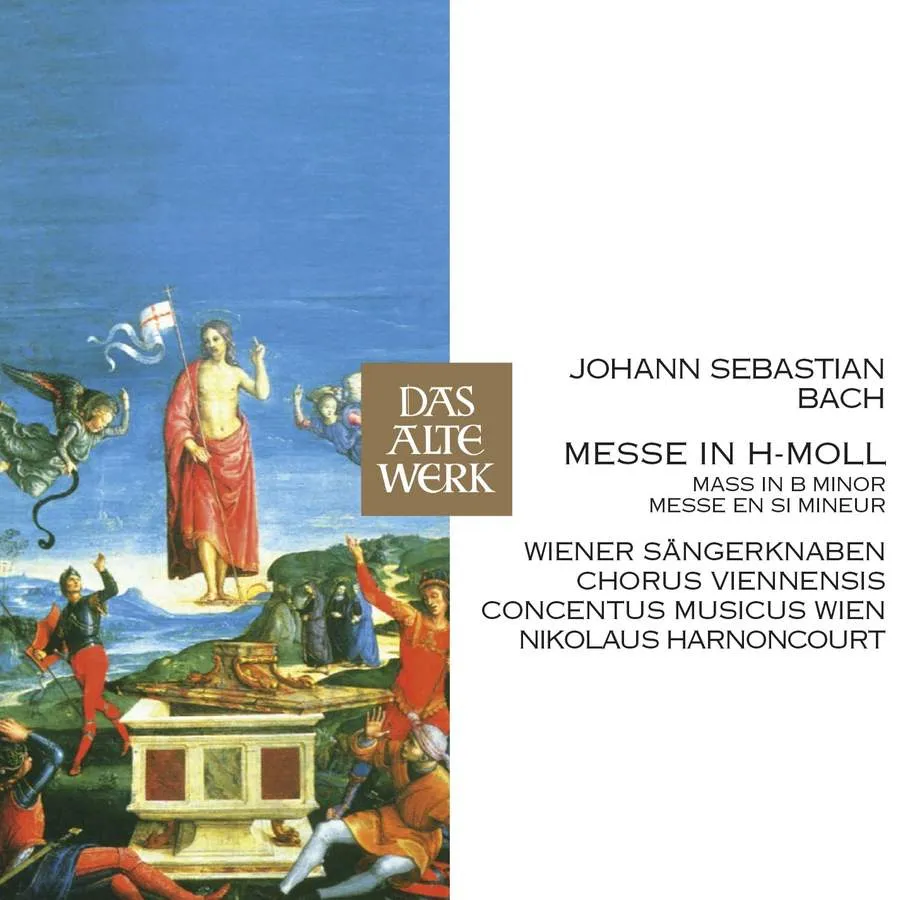Each month at BBC Music Magazine we receive hundreds of recordings, and hundreds of thousands have been made since the advent of recorded sound. But which are the greatest, the ones that no collection should be without? We asked the BBC Music Magazine critics to vote on the top 50 recordings of all time. And here are the results… To read more about each recording click on the title of the disc or the cover image.
The best classical recordings of all time: 1 to 10
1. Wagner: Der Ring des Nibelung
‘Very nice,’ sneered a rival producer, hearing that Decca were embarking on Wagner's Ring Cycle. ‘But of course you’ll never sell any.’ To him it was just an obscure, prestige project. But at a stroke – Donner’s awesome hammerstroke in Rheingold, to be precise, the loudest sound then recorded – Decca’s new venture was to galvanise classical recording, and begin a new era… (read more)
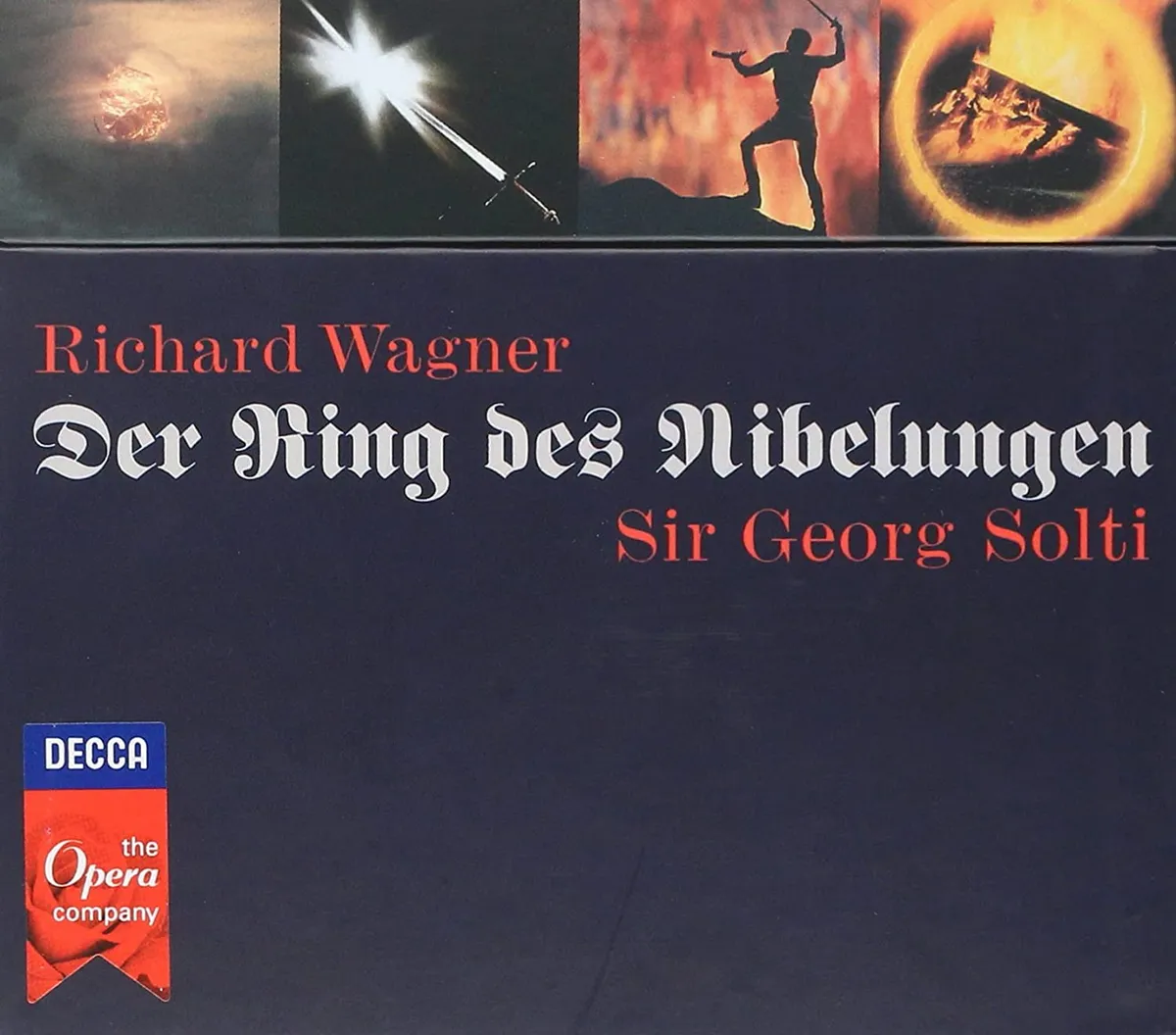
2. Beethoven: Symphonies Nos 5 & 7
The reclusive Carlos Kleiber – voted the most inspiring conductor of all time in a poll of eminent current practitioners in BBC Music’s April 2011 issue – was a rare visitor to the recording studio. But his LP of Beethoven’s Fifth Symphony with the Vienna Philharmonic, issued in 1975, was recognised as a classic…(read more)
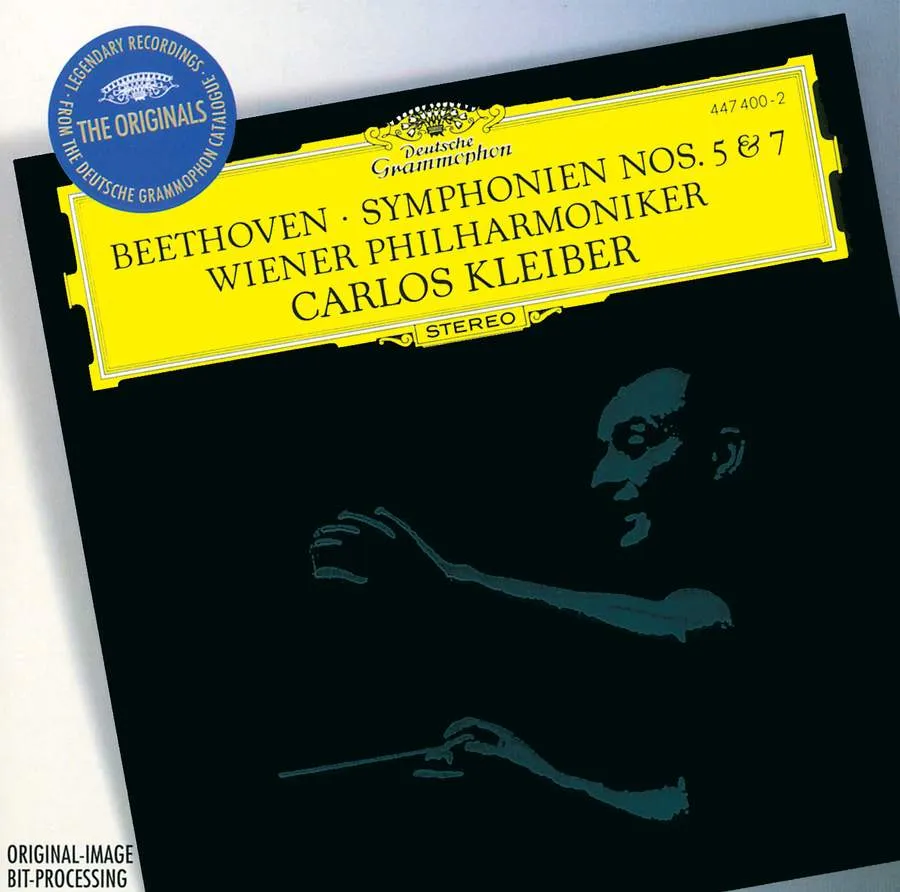
3. Britten: War Requiem
‘I thought Mozart and Verdi had said it all: I was wrong.’ So spoke the usually sceptical Ernst Roth, Britten’s publisher, after the momentous 1962 premiere of Britten's War Requiem at the consecration of Coventry Cathedral…(read more)
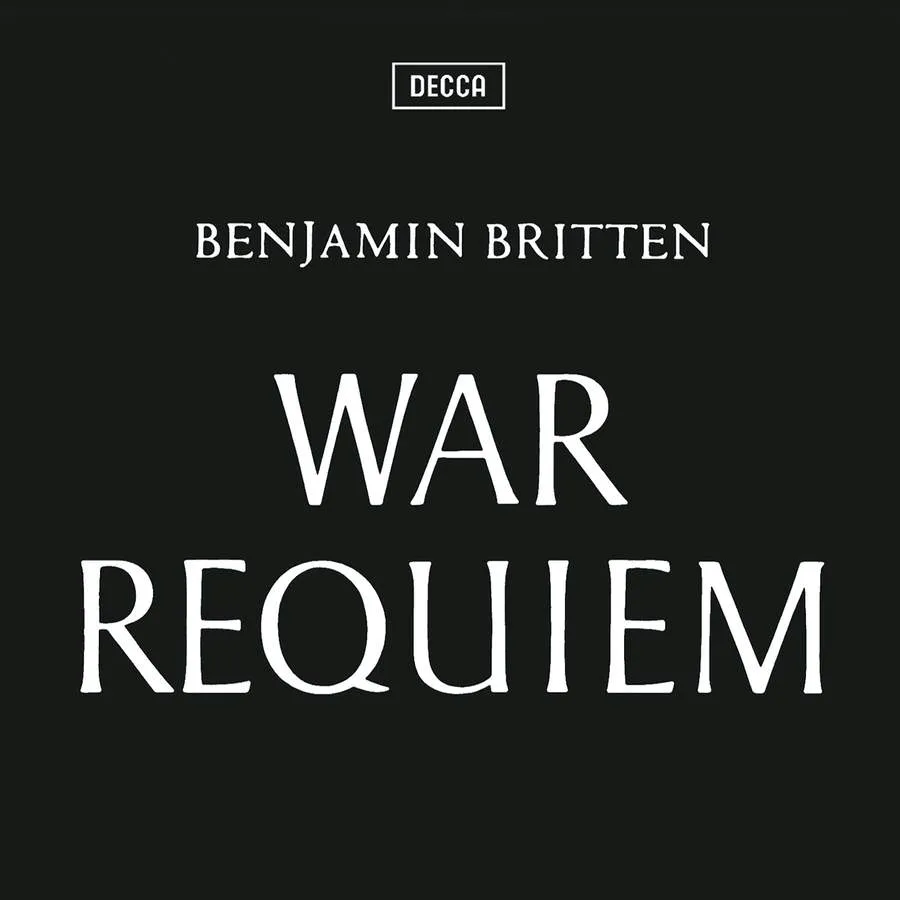
4. JS Bach: Goldberg Variations
Given this is now such a historic landmark, it seems strange to recall that executives at Columbia had misgivings about Glenn Gould recording Bach's Goldberg Variations…(read more)
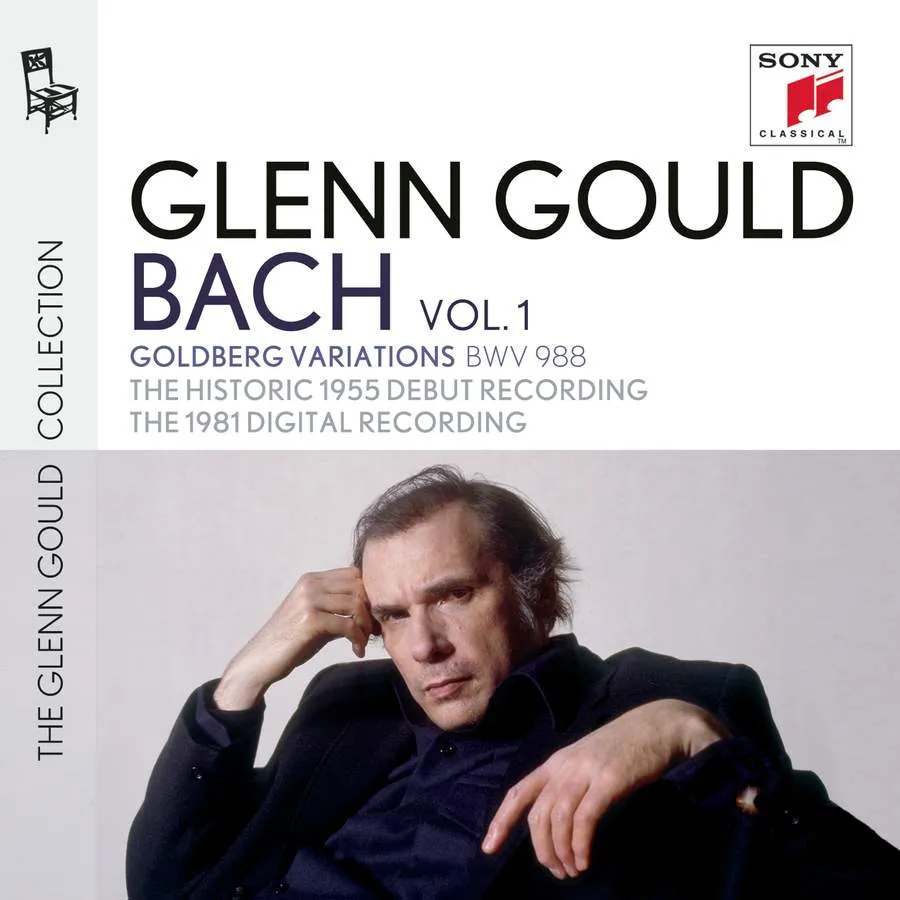
5. Puccini: Tosca
It was the legendary recording producer Walter Legge who brought the 29-year-old Maria Callas to the EMI stable in 1953, thereafter recording with her between two and four operas each year until the end of the decade. She was already a rising international star and an experienced performer of Puccini's Tosca…(read more)
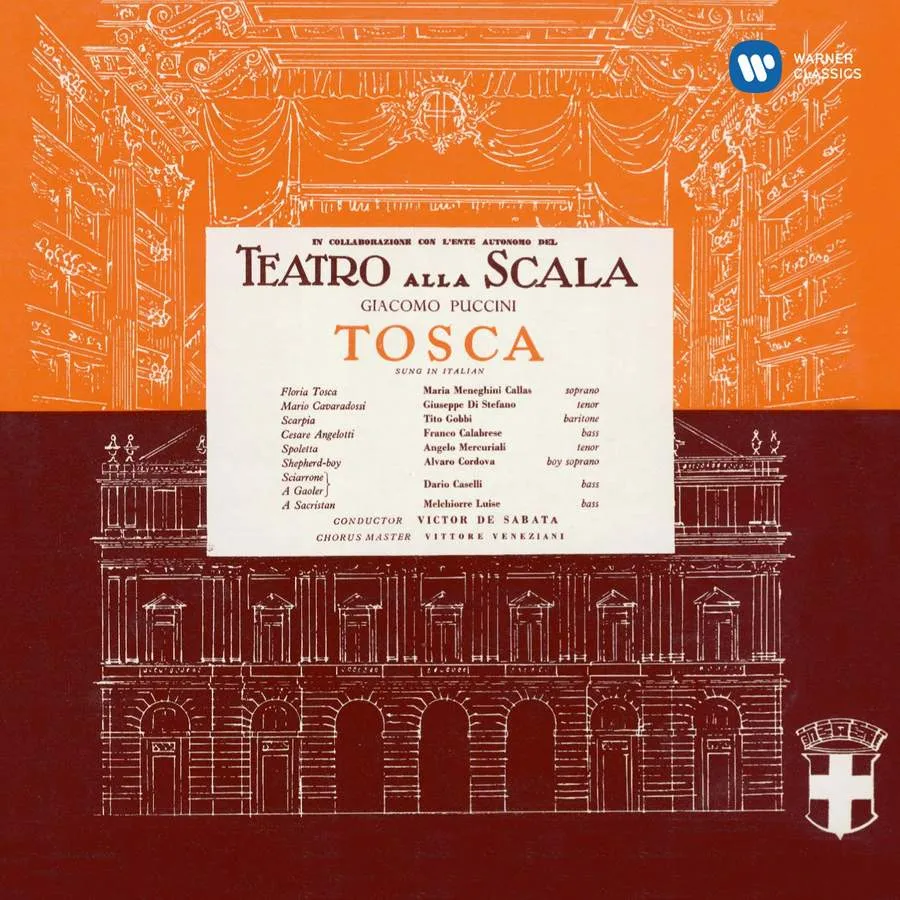
6. Elgar: Cello Concerto
Some say it’s the red-hot personality, others that it’s the du Pré-Barenboim love story, still others that the tragic emotions evoked in the music foreshadow the tragedy that later befell the performer. Whether there’s a rational explanation or not, Jacqueline du Pré’s recording of the Elgar Cello Concerto has a magic that has made it legendary... (read more)
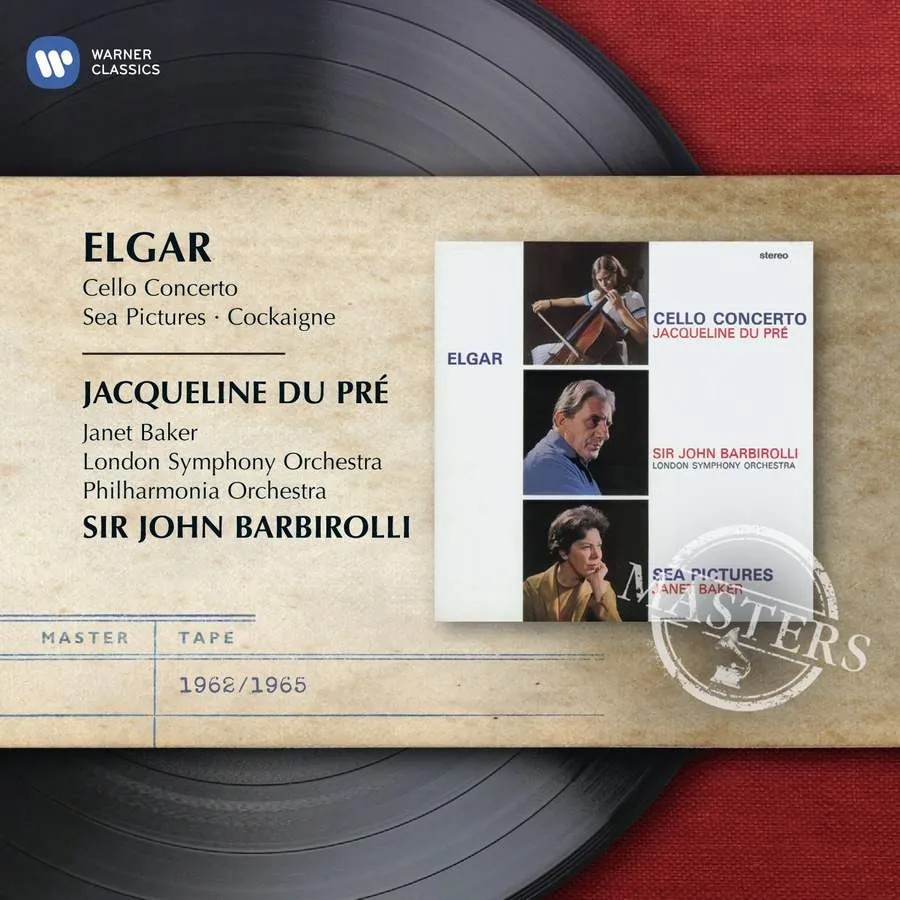
7. Wagner: Tristan und Isolde
This superlative recording, made in London in 1952 and never out of the catalogue, was the first complete one of Wagner's Tristan und Isolde, and contains several lengthy passages from the love duet in Act II and Tristan’s delirium in Act III that many lovers of the work had never heard before…(read more)
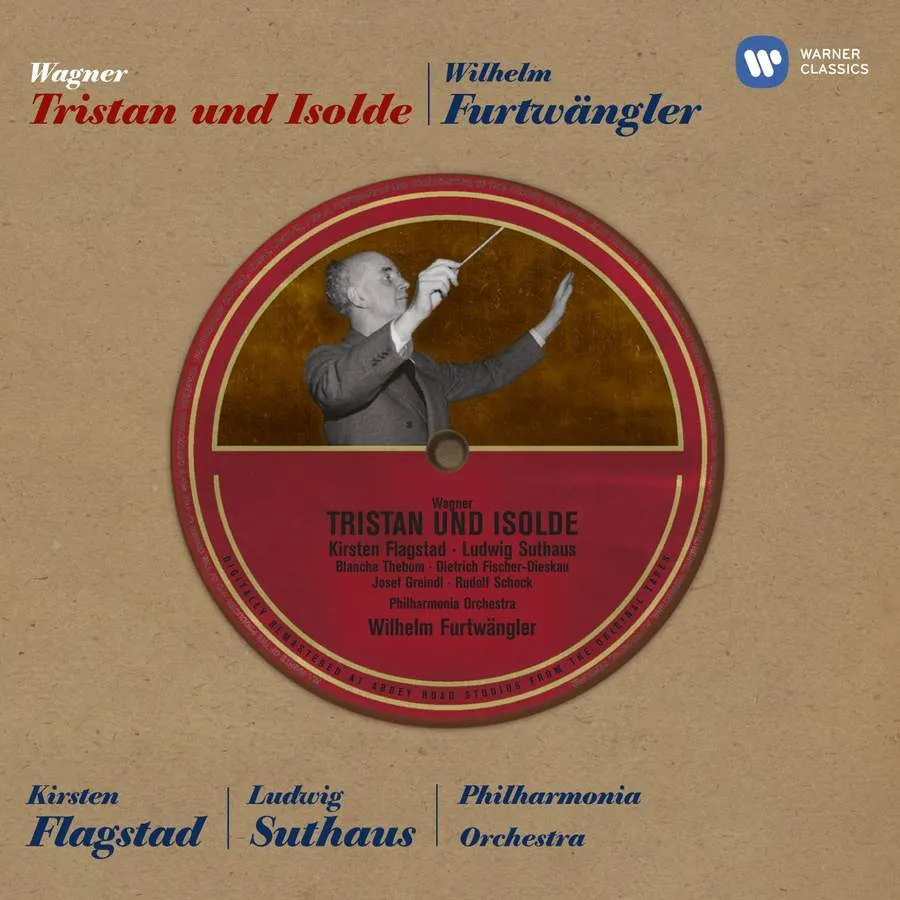
8. Ravel/Berlioz: Shéhérazade/Nuits d'été
Escapism is what Ravel’s Shéhérazade and Berlioz’s Nuits d’été have in common. Régine Crespin knew that, which is why her performance of these two song cycles practically seems to exist out of time and space…(read more)
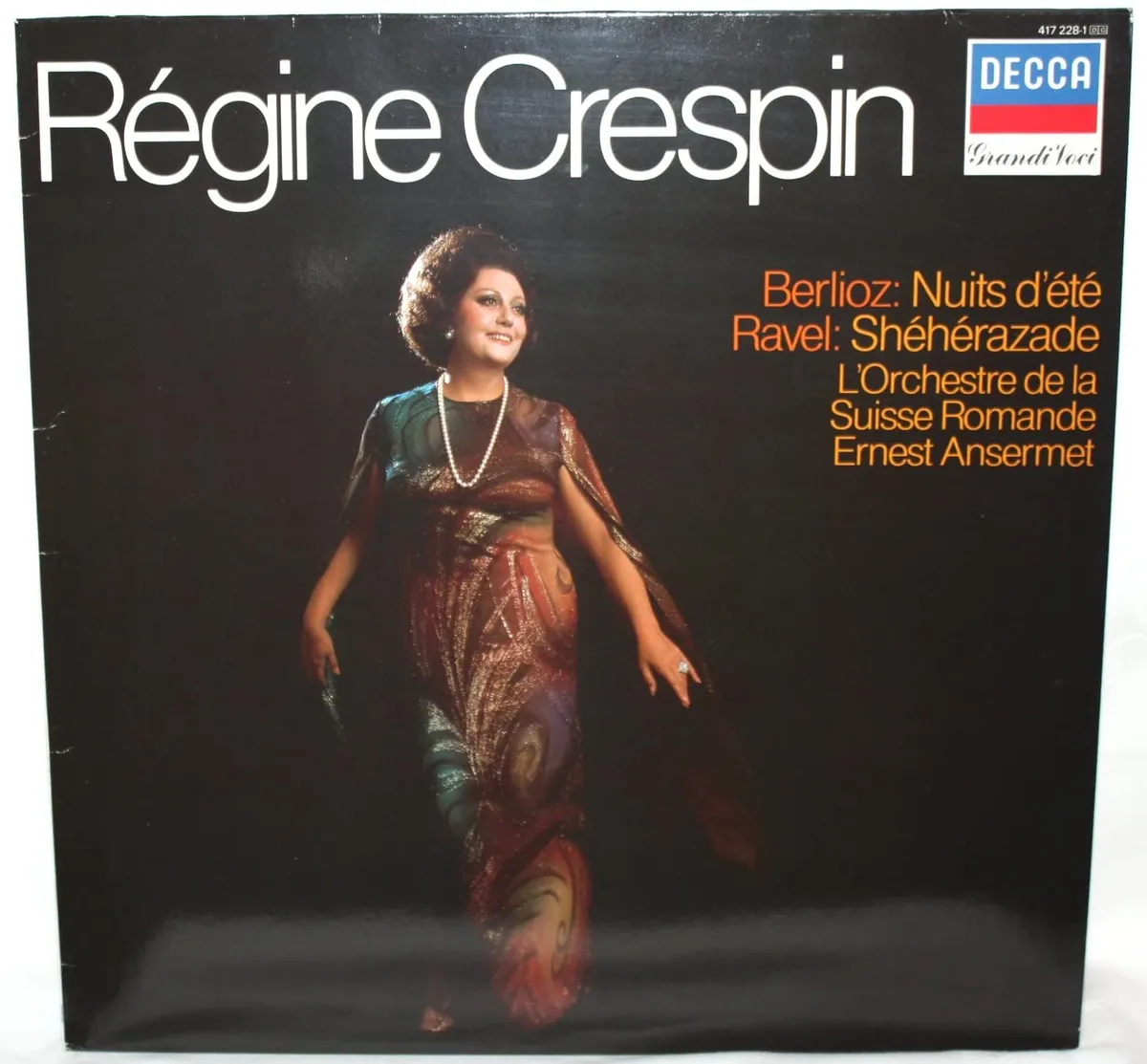
9. Tchaikovsky: Symphonies Nos 4-6
Initially released on three separate stereo LPs, these Tchaikovsky performances convey a highly-strung raw energy that remains undimmed up to the present day... (read more)
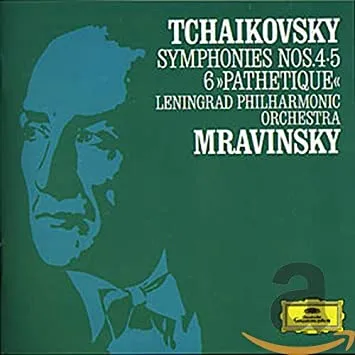
The best classical recordings of all time: 11 to 20
10. Gershwin: Porgy and Bess
Glyndebourne’s production of Porgy and Bess in 1986 confirmed the work’s status not merely as Gershwin’s masterpiece, but as one of the great operas…(read more)
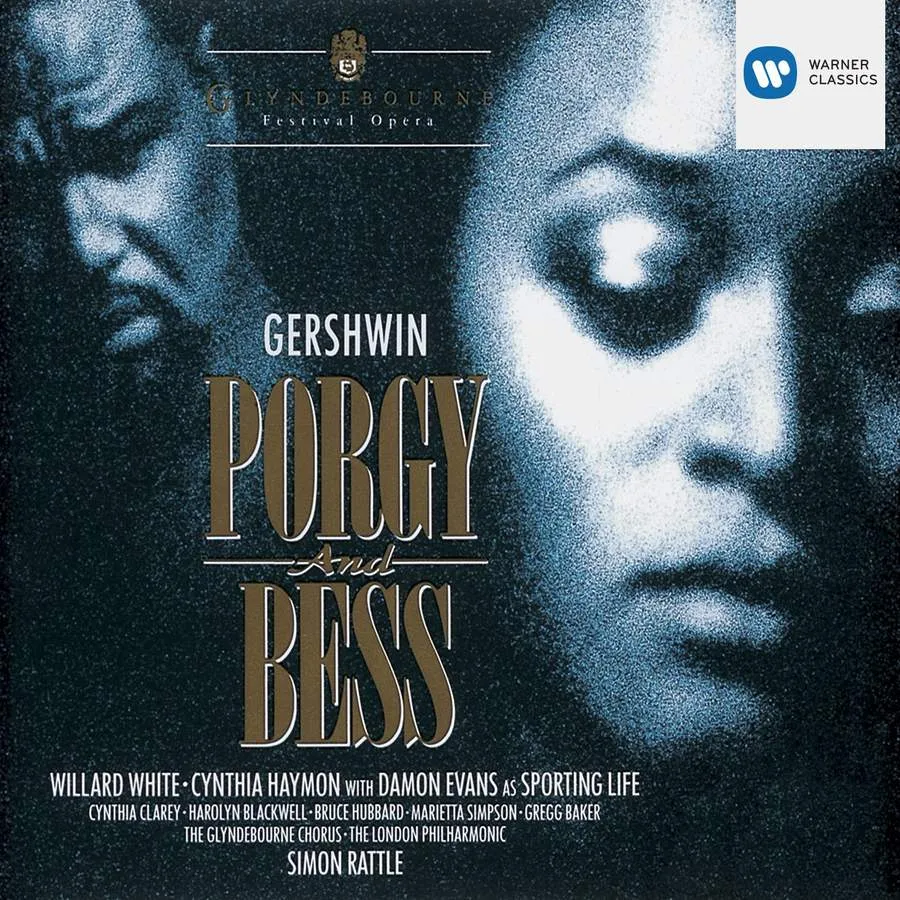
11. JS Bach: Cello Suites
It was a chance discovery in a Catalan junkshop that ultimately led to the making of one of the 20th century’s truly great recordings of Bach's Cello Suites…(read more)
We included Bach's Cello Suites in our round-up of the best cello music of all time.
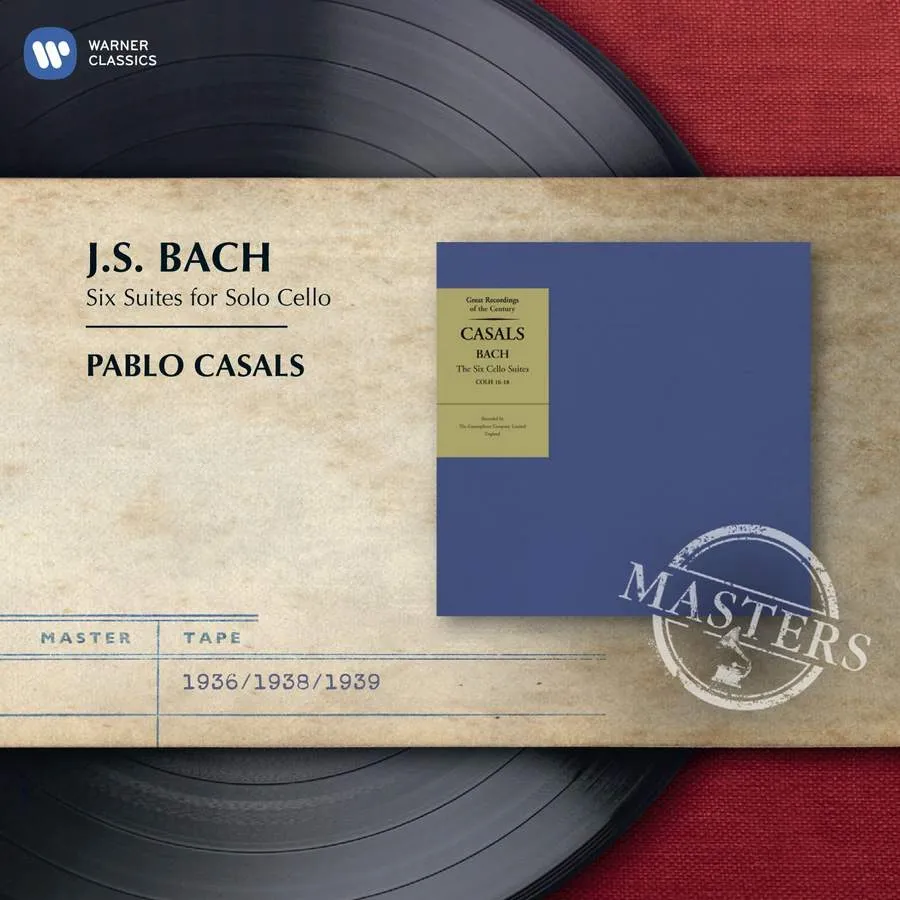
12. Beethoven: The Late String Quartets
It’s nearly 80 years since the Busch Quartet made their legendary recordings of Beethoven’s Late String Quartets, and it’s frequently stated that they have never been bettered…(read more)
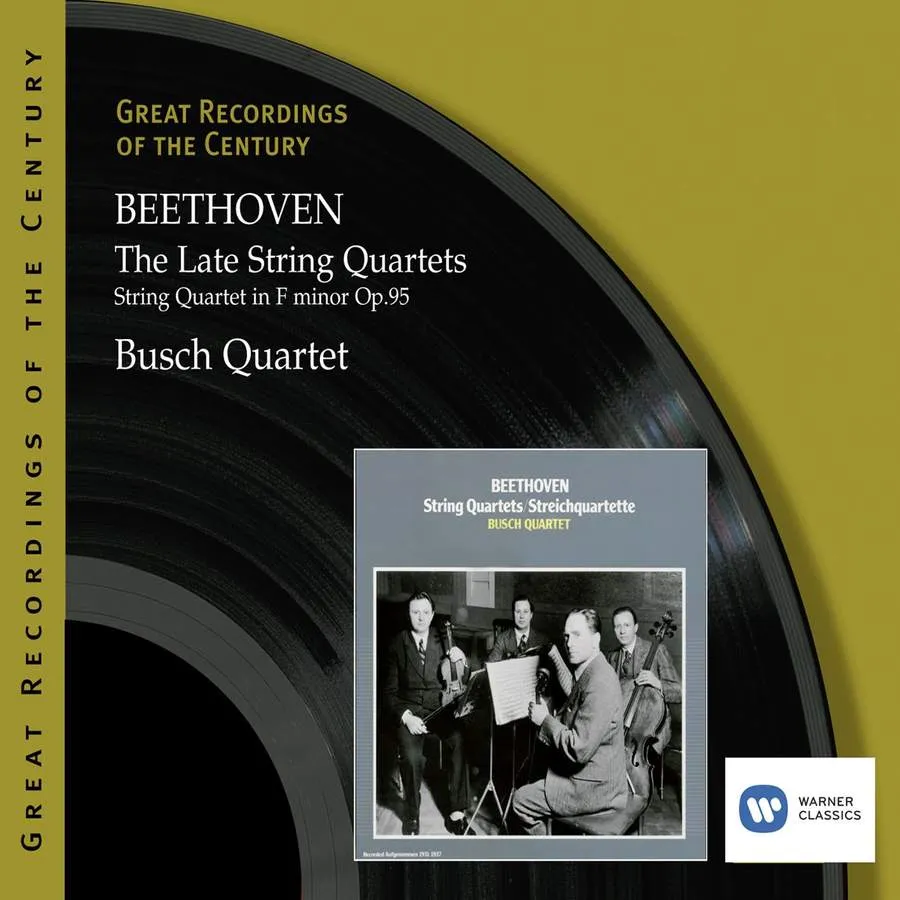
13. Janáček: Kátya Kabanová
Released in 1977, in the years when Decca was at the height of its powers as an independent label, this recording opened up new dimensions in Janáček performance, and its success launched Charles Mackerras’s complete cycle of the operas that was to follow…(read more)
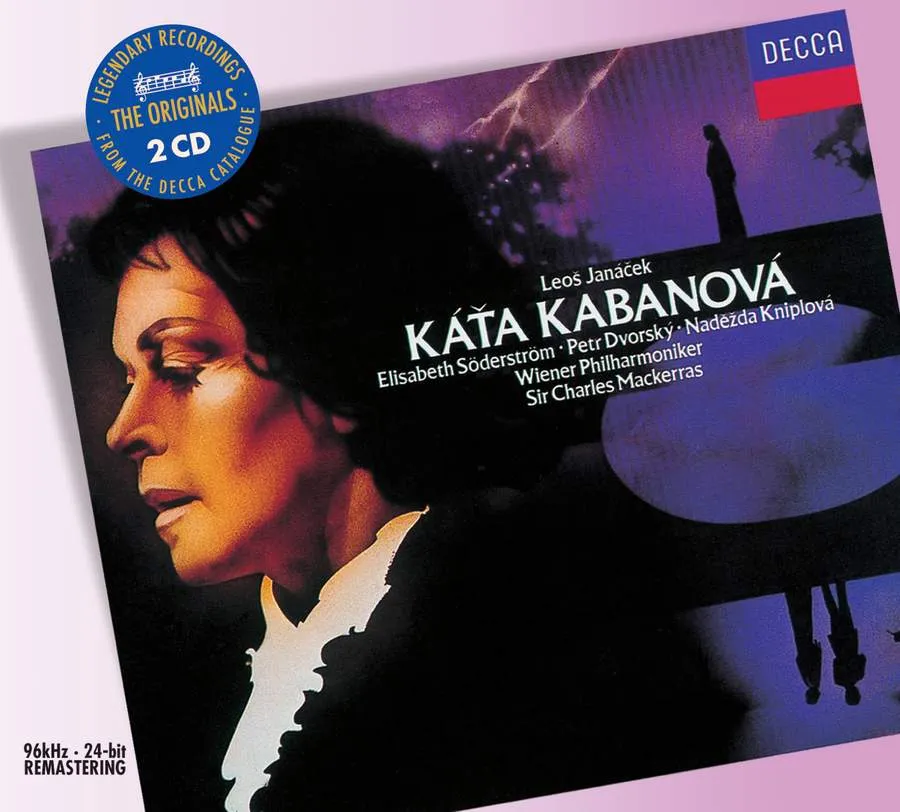
14. Art of the Prima Donna
This ambitious set of 16 arias associated with past coloratura legends came out in 1960 at the beginning of Joan Sutherland’s career as an international recording star…(read more)
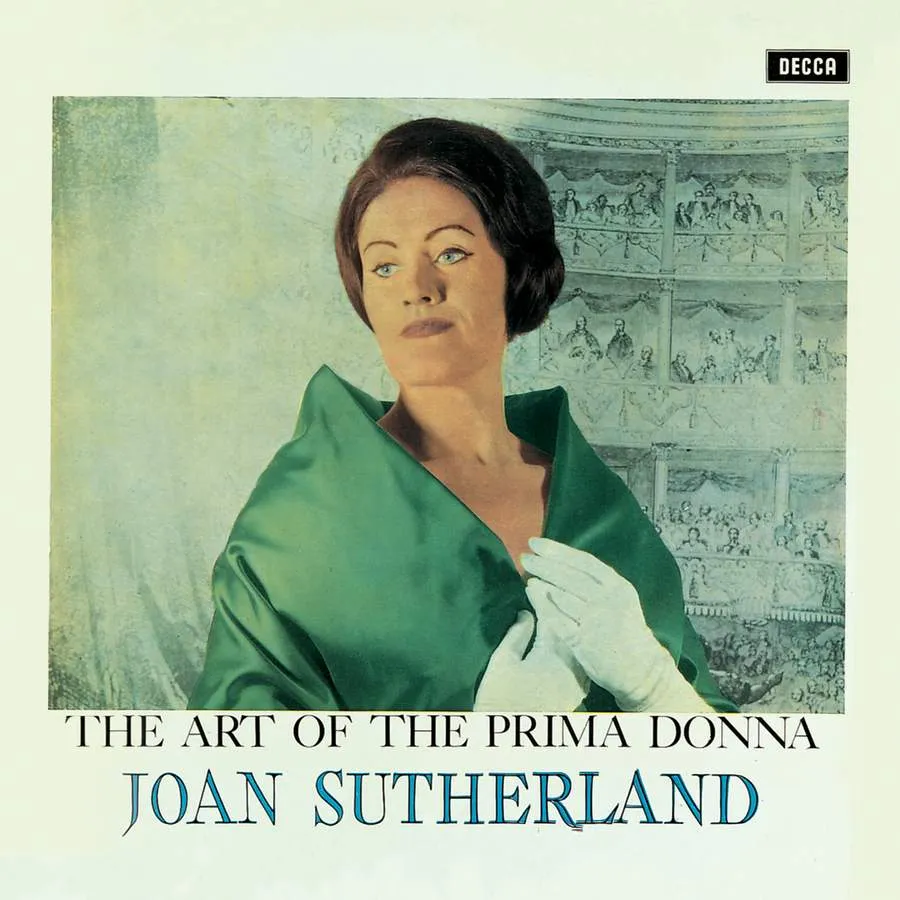
15. Beethoven: Complete Piano Sonatas
Artur Schnabel was the first pianist to record the complete Beethoven Sonatas, undertaking the mammoth project for the Beethoven Society in the early 1930s…(read more)
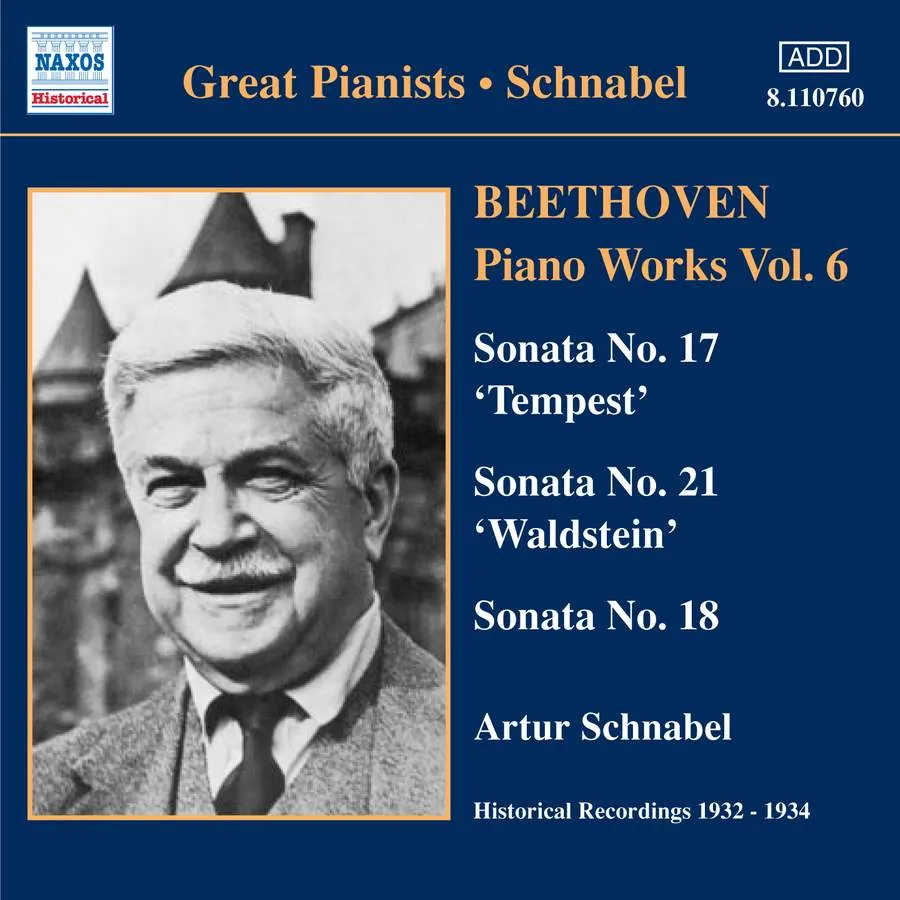
16. Hildegard von Bingen: A Feather on the Breath of God
This was the 1981 disc, from Christopher Page’s pioneering Gothic Voices group and the incomparably pure-voiced Emma Kirkby, that launched interest in the medieval visionary and composer Hildegard von Bingen…(read more)
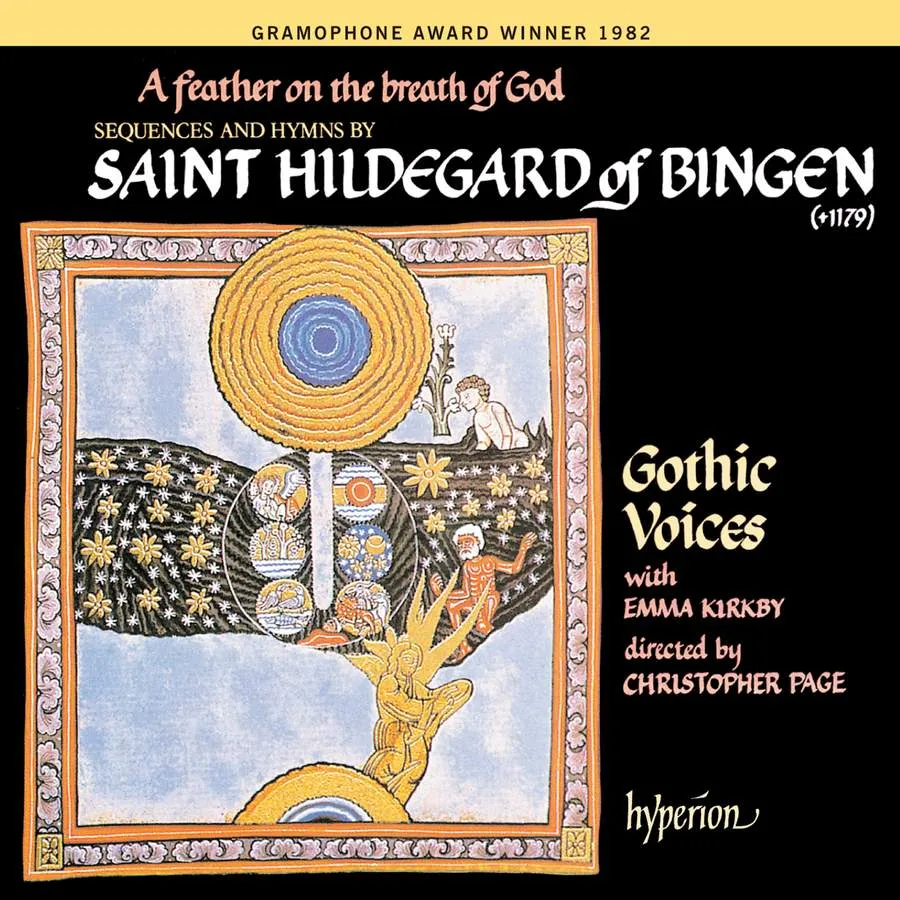
17. Monteverdi: Vespers of 1610
John Eliot Gardiner and the Monteverdi Choir have had a long and special relationship with Monteverdi's Vespers of 1610 going all the way back to their groundbreaking recording of the mid-1970s…(read more)
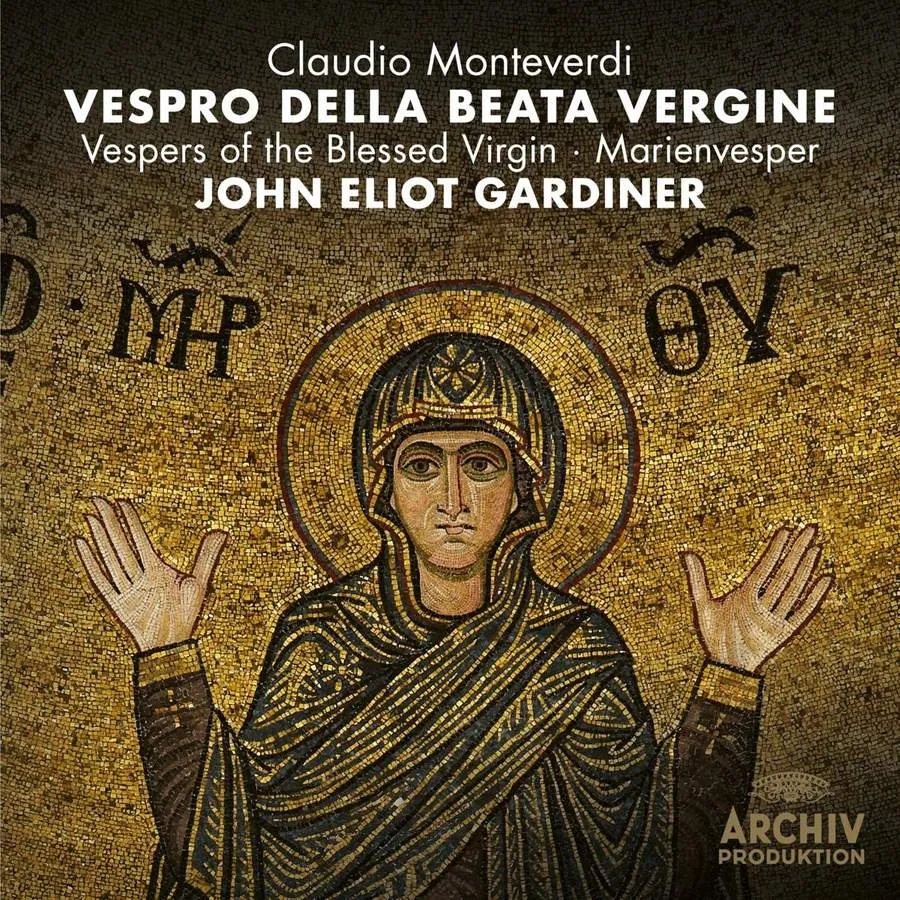
18. Rachmaninov: Piano Concerto No. 4; Ravel: Piano Concerto
After giving a successful performance of the then rarely-heard Rachmaninov Fourth Piano Concerto at the Royal Festival Hall, Michelangeli readily agreed to record the work for EMI alongside the Ravel Piano Concerto... (read more)
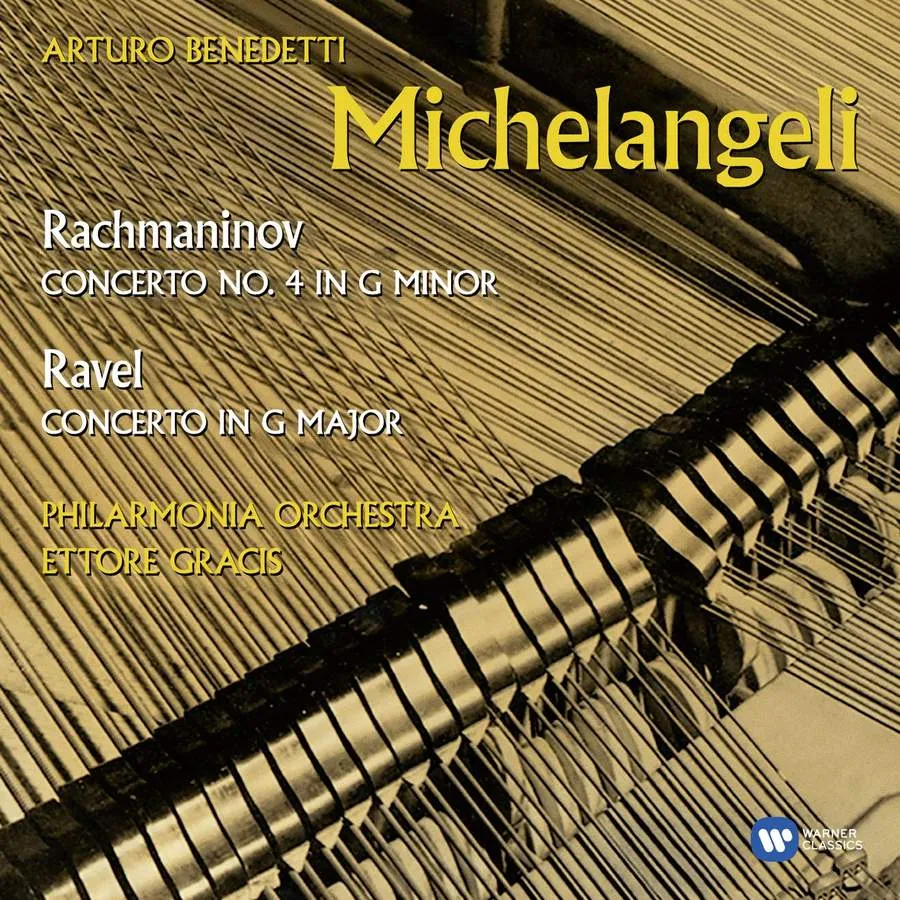
19. Chopin: Sonata No. 3 etc
‘Argerich plays Chopin’ is the emphasis on a recording where the interpreter sometimes comes before the composer, but this brilliant disc deserves its legendary appellation…(read more)
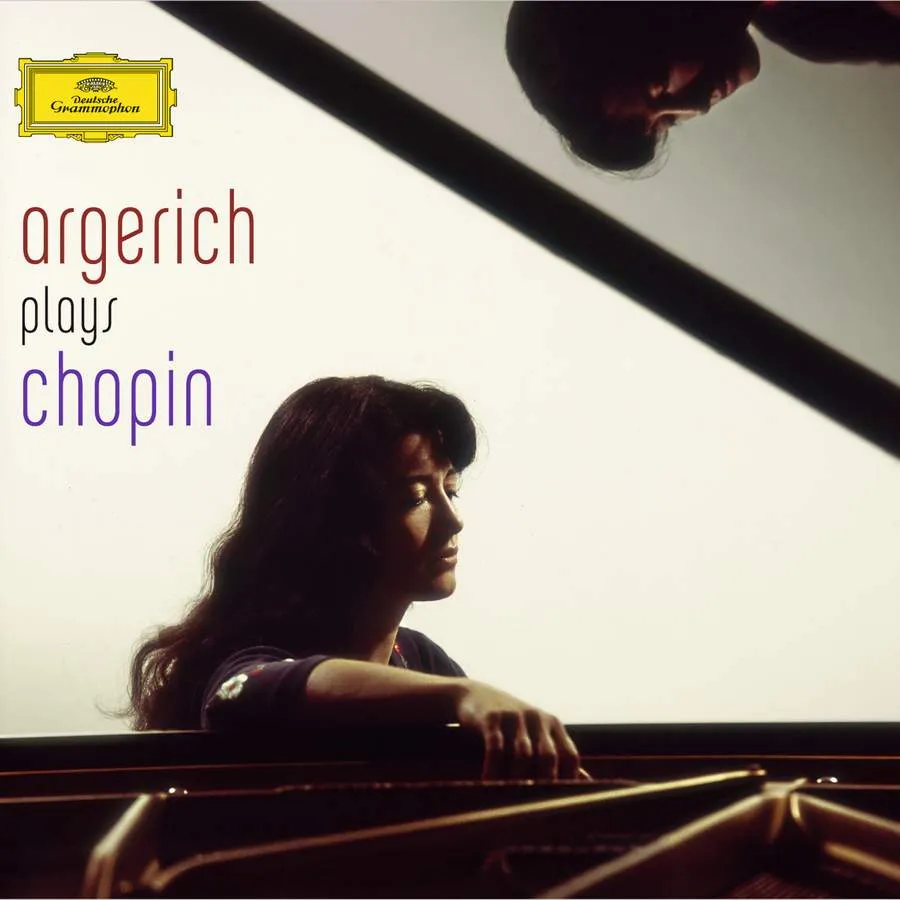
20. Mozart: Complete Piano Concertos
In the 1960s, while still in his twenties, Daniel Barenboim joined forces with the English Chamber Orchestra to record a groundbreaking set of the complete Mozart Piano Concertos, conducting from the keyboard…(read more)
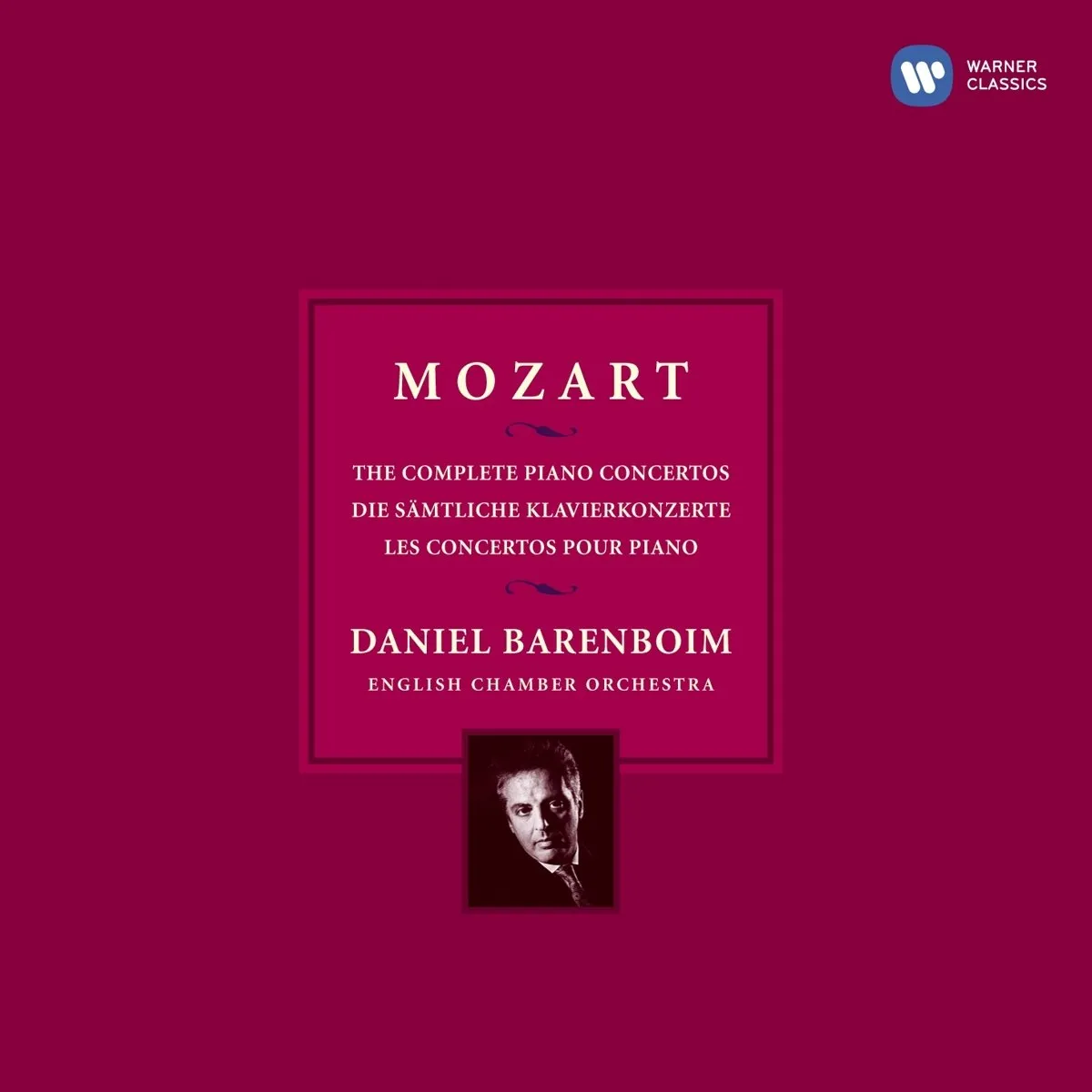
The best classical recordings of all time: 21 to 30
21. Britten: Peter Grimes
Peter Pears (Grimes) et al; Royal Opera House/Benjamin Britten (1958). Decca 467 6822
This was the first complete recording of a full-scale Britten opera, based on a superb stage production of Peter Grimes and vividly recorded in a ground-breaking production. Taking full advantage of new stereo technology, members of the cast moved around the stage in dramatic fashion, giving the recording a sense of being ‘live’. More than any other opera recording, this helped launched the fortunes of Britten’s operas and remains one of the most exemplary ever made.
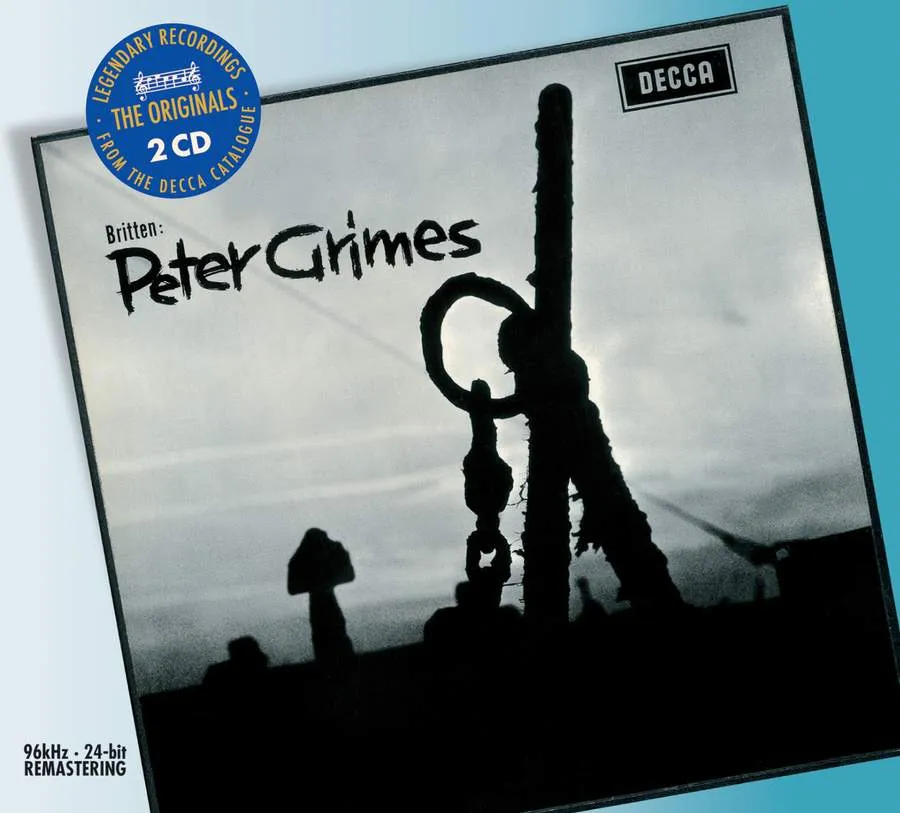
22. Reich: Music for 18 Musicians
Steve Reich; Musicians (1978). ECM 821 4172
All Reich’s experiments came together in this tour de force of ultra-disciplined bliss. The structure is tightly logical as ever: human breaths (voices, wind) measure against heartbeats (mallets) and longer wave forms. You can feel the sheer force of the composer driving this performance of almost superhuman finesse; every note glistens in a perfectly balanced, glowing recording.
We named Steve Reich as one of the best living composers.
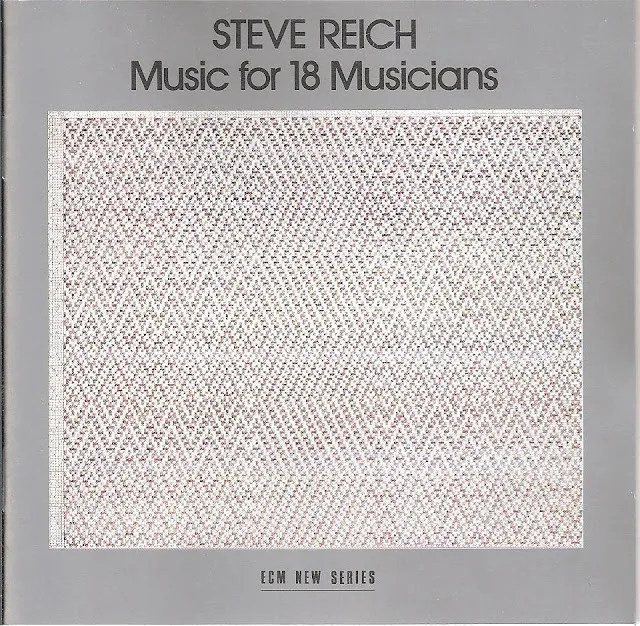
23. Mozart: Horn Concertos
Dennis Brain (horn); Philharmonia/Herbert von Karajan (1953). EMI 965 9362
With this disc, Dennis Brain rewrote the horn rulebook. No one before had performed Mozart’s concertos with such effortless grace, such variety of dynamic and phrasing and such affable banter between soloist and orchestra. When Brain died in a car crash aged 36 three years later, he left a gap that many say has never been filled.
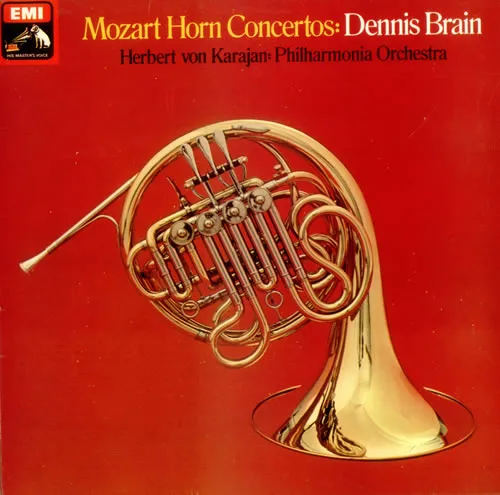
24. R Strauss: Der Rosenkavalier
Elisabeth Schwarzkopf, Christa Ludwig et al; Philharmonia/Herbert von Karajan (1956). EMI 966 8242
In 1956, a dream cast assembled for a recording of Strauss’s operatic masterpiece that, today, remains unbettered. The Philharmonia is on sparkling form and Elisabeth Schwarzkopf gives the performance of her life. Karajan’s passion for the music leaps from the speakers, with producer Walter Legge’s warm stereo recording giving the whole a beautiful sheen.
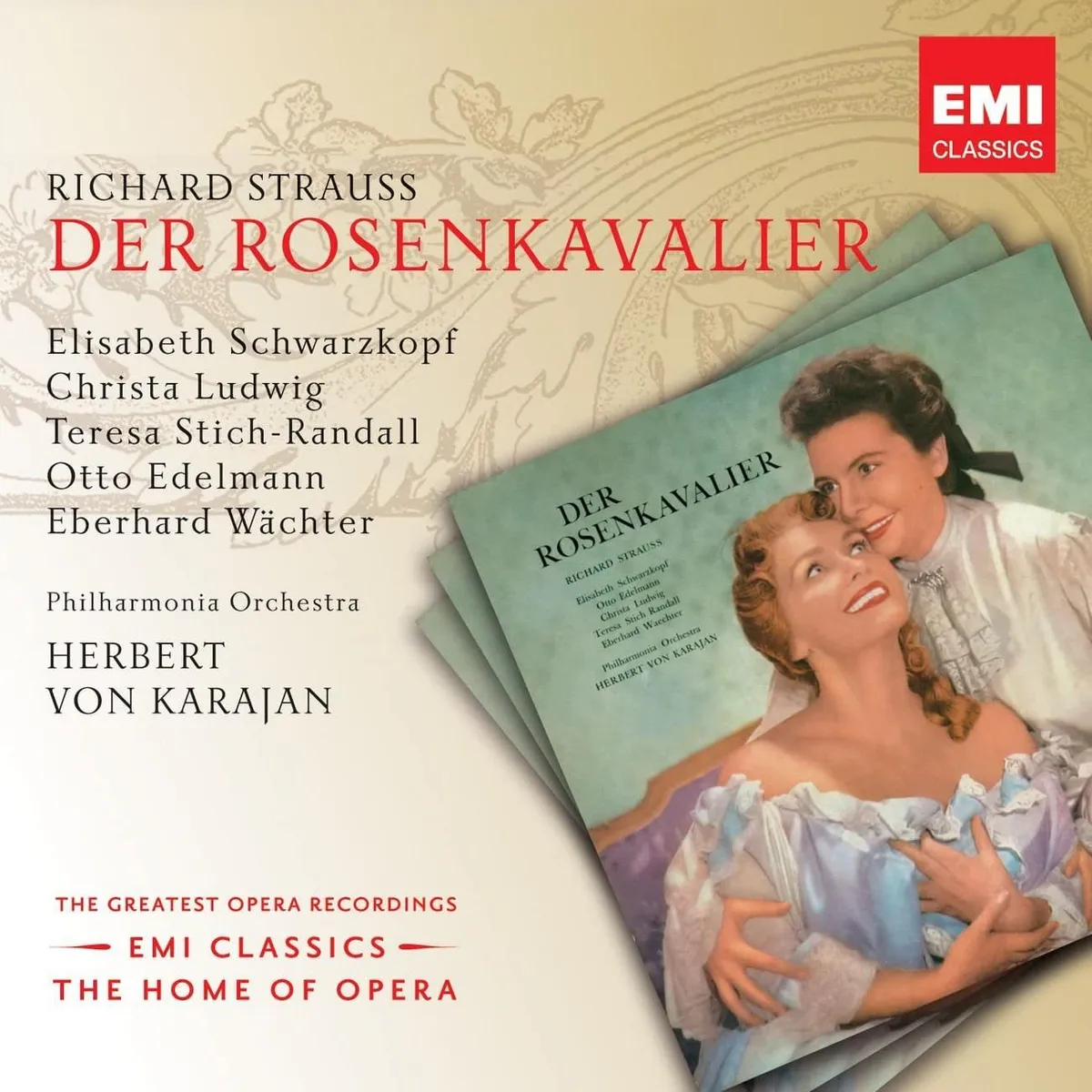
25. Handel: Messiah
Judith Nelson, Emma Kirkby etc; Academy of Ancient Music/Christopher Hogwood (1980). L’Oiseau Lyre 430 4882
Stodge no more. In Christopher Hogwood’s hands, Handel's Messiah was no longer a ponderous and portentous work, but something tightly sprung and which demanded your attention. The period instrument specialist was spring-cleaning well-loved pieces even as his pioneering contemporary Roger Norrington had barely launched the London Classical Players.
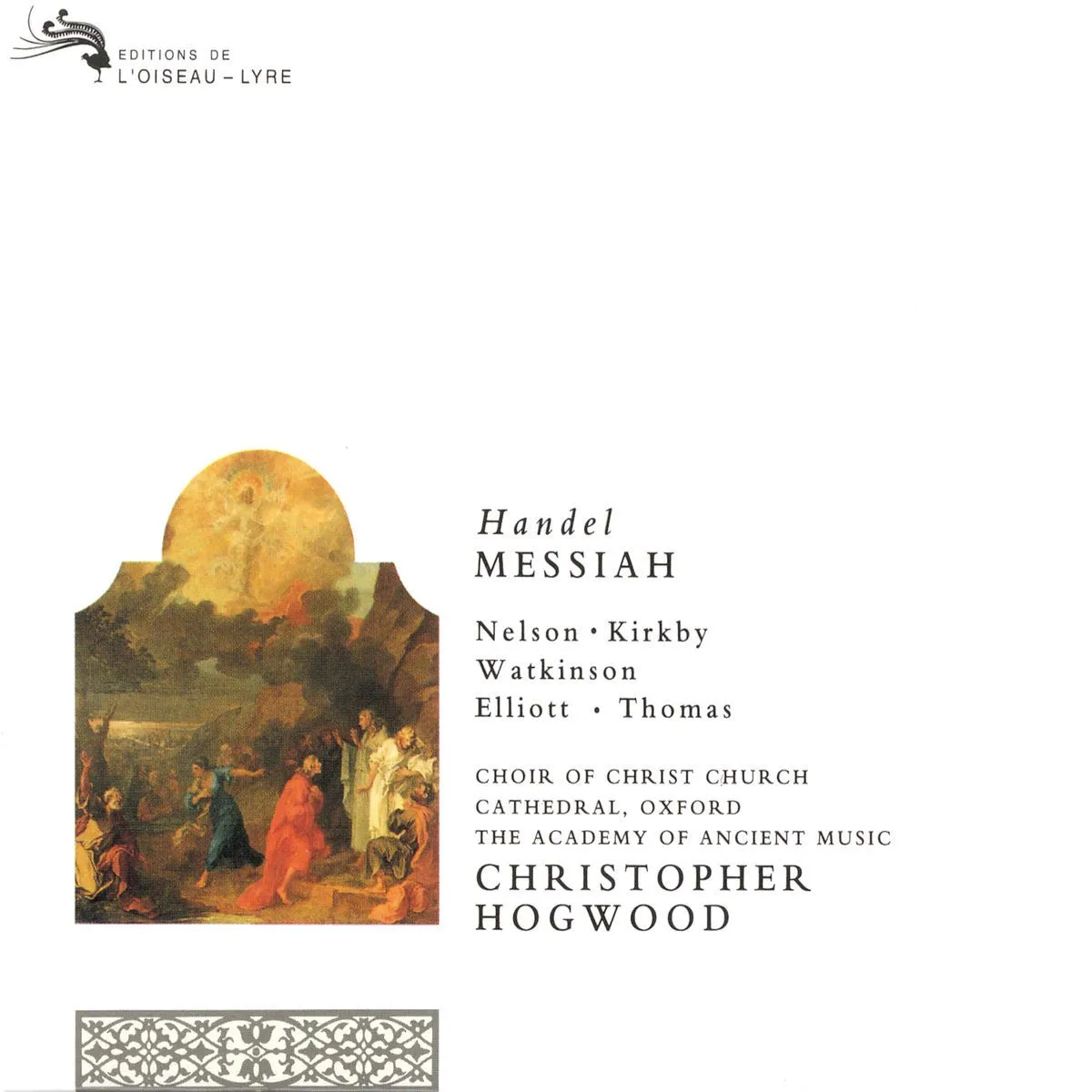
26. Allegri: Miserere
Alison Stamp (soprano); Tallis Scholars/Peter Phillips (1980). Gimell GIMSE 401
The 1980 recording of Allegri's Miserere that not only made the Tallis Scholars a household name, but effectively led the way to today’s great wave of exceptional mixed-voice choirs. Alison Stamp is faultless in the exceptionally testing soprano solo – top Cs and all – while, with the choir and solo quartet placed some distance apart, the perfect acoustic of Merton College chapel is captured to perfection by Gimell.
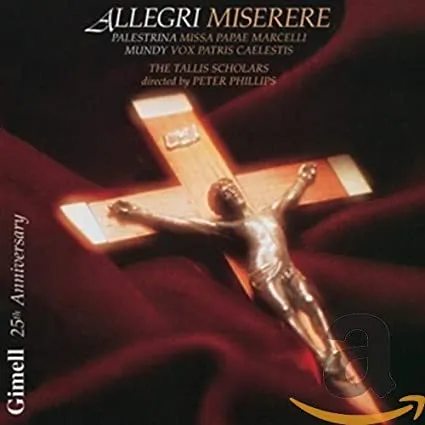
27. Mozart: The Magic Flute
Nicolai Gedda, Gundula Janowitz etc; Philharmonia/Otto Klemperer (1964). EMI 966 7932
The cast of Otto Klemperer’s 1964 recording of Mozart's The Magic Flute reads almost like a who’s who of the opera world of the time. The brilliant Nicolai Gedda and Gundula Janowitz lead the way as Tamino and Pamina along with the likes of Lucia Popp, Gottlob Frick, Elisabeth Schwarzkopf, Christa Ludwig and Walter Berry. The result is a Flute full of joy and wisdom, with characters who are both unearthly yet recognisably human.
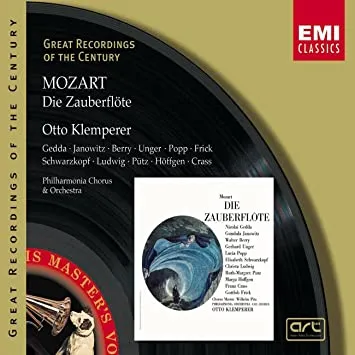
28. Chopin: Etudes Opp 10 & 25
Maurizio Pollini (piano) (1972). Deutsche Grammophon 413 7942
Chopin’s Etudes present considerable challenges to the pianist, but Pollini’s masterly 1972 recording ensures the listener isn’t remotely aware of them. And there are few pianists that can manage that. There’s something refreshingly straightforward about his playing too – he presents all the magical ebb and flow without getting over-emotional. The perfect performance.
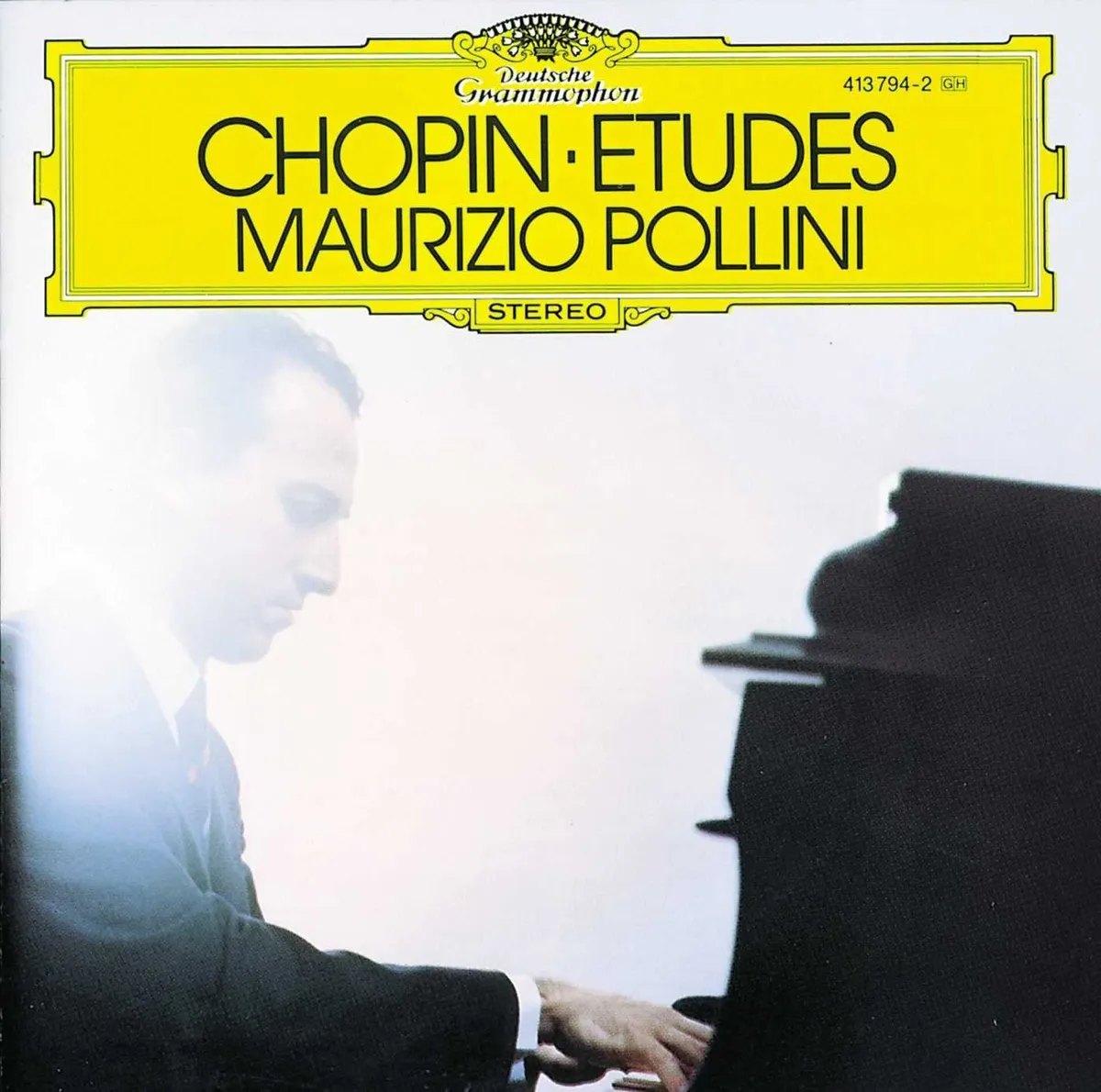
29. Elgar: Violin Concerto
Yehudi Menuhin (violin); LSO/Edward Elgar (1932). EMI 566 9792
A 74-year-old Elgar joins teenage violinist Yehudi Menuhin at the recently opened Abbey Road studio – a passing of the musical baton from one generation to the next if ever there was one, and a very moving one at that. Elgar’s reading is an aptly broad, reflective one, while Menuhin’s playing still astonishes for its technical ease and maturity of insight.
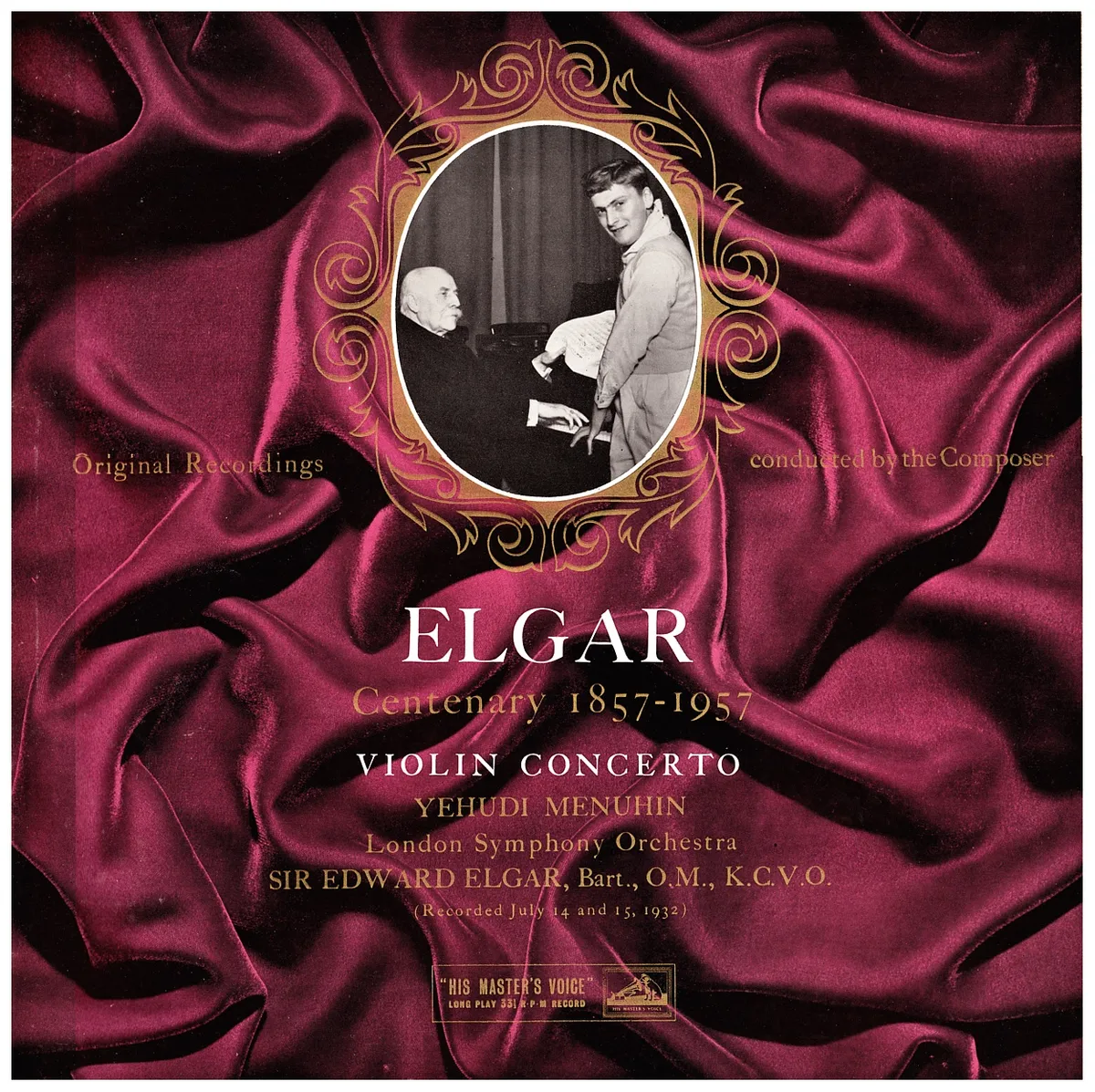
30. Debussy: Pelléas et Mélisande
Jacques Jansen, Irène Joachin et al/Roger Désormière (1941). Cantus 500268
This 1941 recording captures the elusive nuances and mystery of Debussy’s symbolist masterpiece Pelléas et Mélisande like no other. The trio of singers in lead roles – Irène Joachim as Mélisande, Jacques Jansen as Pelléas and Henri Etcheverry as Golaud – had all performed the opera many times together under the direction of Roger Désormière.
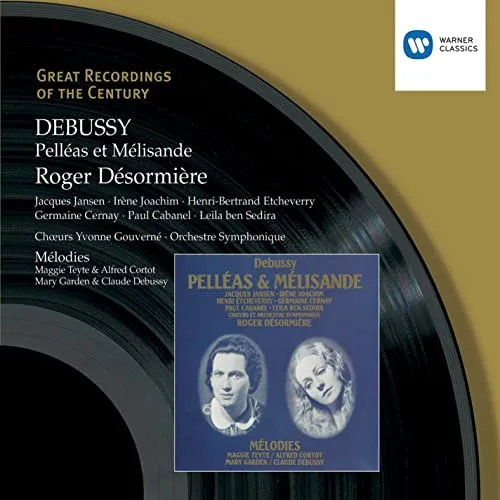
The best classical recordings of all time: 31 to 40
31. Mahler: Das Lied von der Erde
Kathleen Ferrier (contralto), Julius Patzak (tenor); Vienna Philharmonic/Bruno Walter (1952). Decca 466 5762
Bruno Walter, who conducted the premiere of Das Lied von der Erde in 1911 and knew first-hand the depths to which the composer had sunk at the time, described the work as ‘the most personal utterance among Mahler’s creations’. Here, 41 years later, the same conductor performs the composer’s six-movement masterpiece with tenor Julius Patzak and contralto Kathleen Ferrier, Walter’s friend and protégée who, at 39, had been diagnosed with cancer. The sense of pathos is almost unbearable.
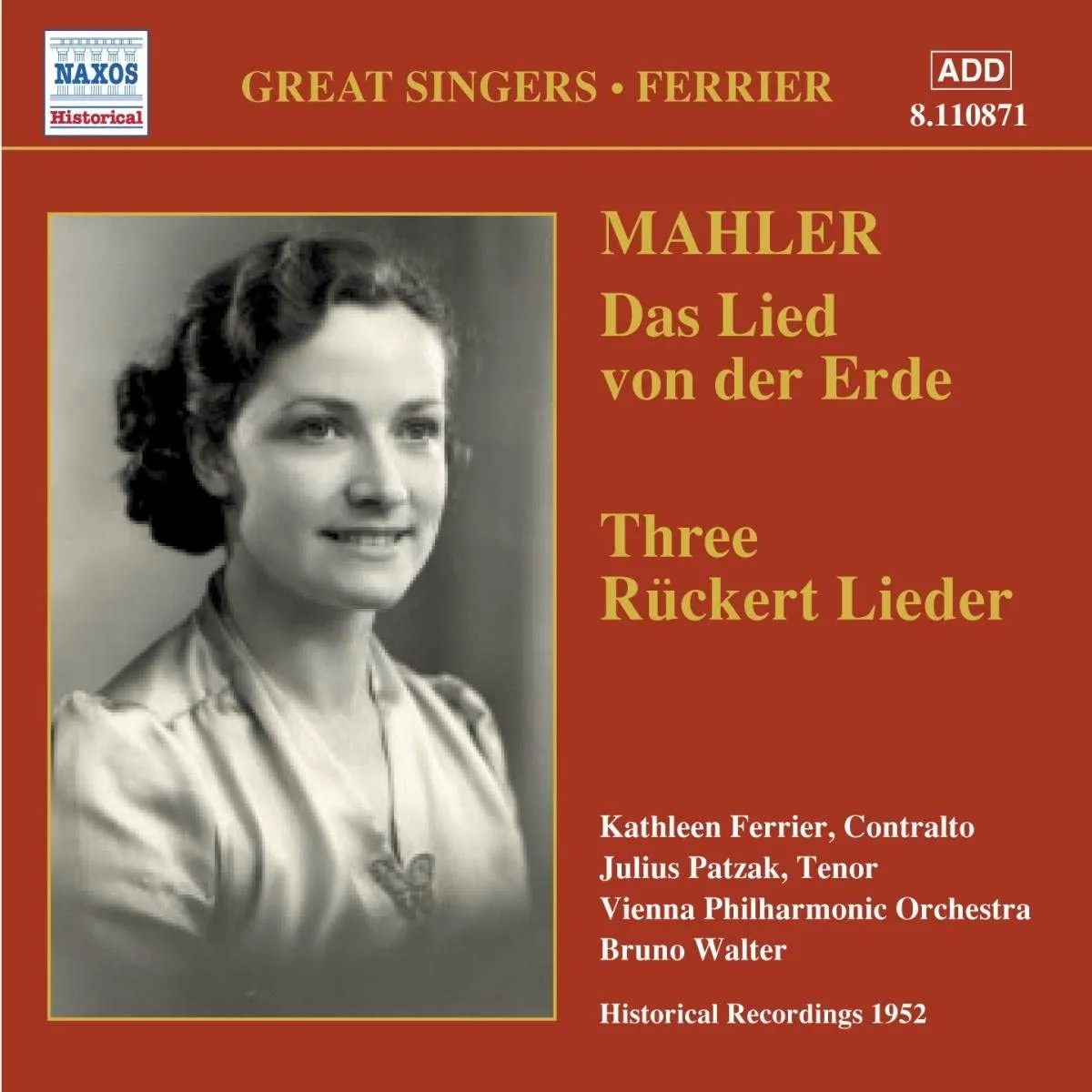
32. Shostakovich: Preludes & Fugues
Alexander Melnikov (piano) (2010). Harmonia Mundi HMC 902019/20
This is a remarkable album (A BBC Music Magazine Award winner in 2011) which rescued a Shostakovich work previously more respected than loved, in part due to the turgid style of a celebrated recording by Tatiana Nikolayeva. Melnikov reveals a kaleidoscope of colours and moods, as well as brilliantly demonstrating its dramatic cohesiveness. An exhilarating experience.
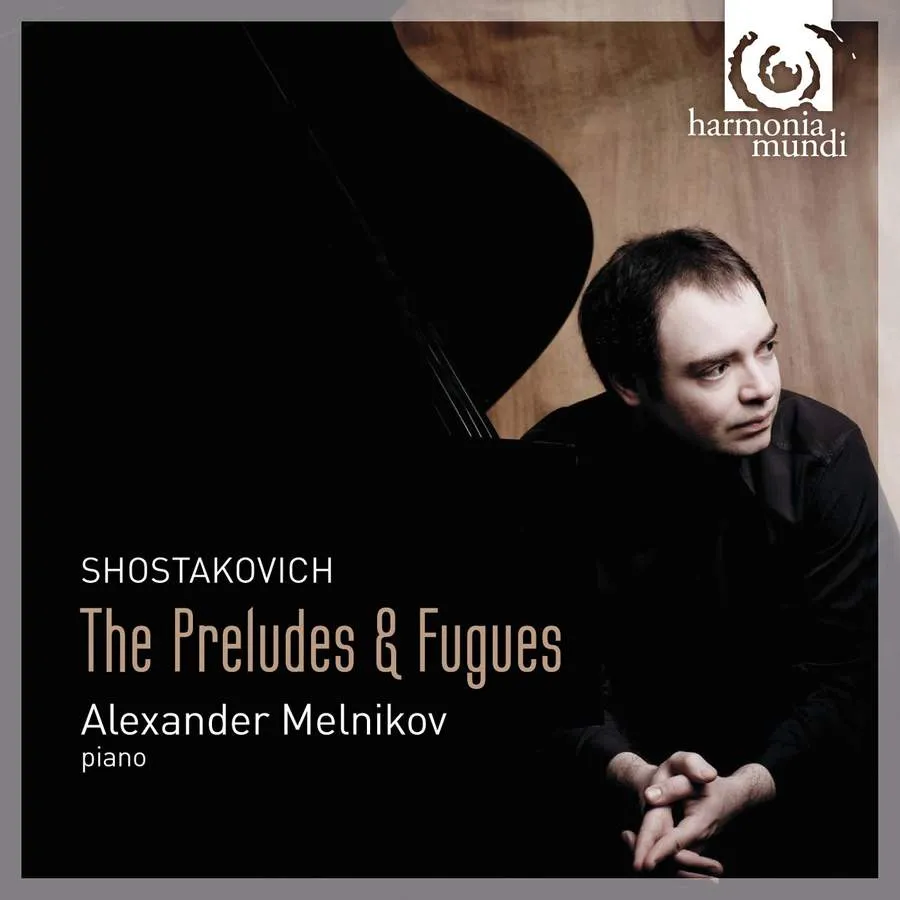
33. Bellini: Norma
Maria Callas (Norma) et al; Teatro alla Scala/Tullio Serafin (1960). EMI 966 7092
Soprano Maria Callas’s voice may have been in finer fettle for her 1954 recording of Bellini’s bel canto opera Norma conducted by Tullio Serafin, but her 1960 version, again with Serafin at the helm, is packed with oodles more drama. Callas aside, the dream supporting cast, including Christa Ludwig, Franco Corelli and Nicola Zaccaria, makes this a crucial addition to any library.
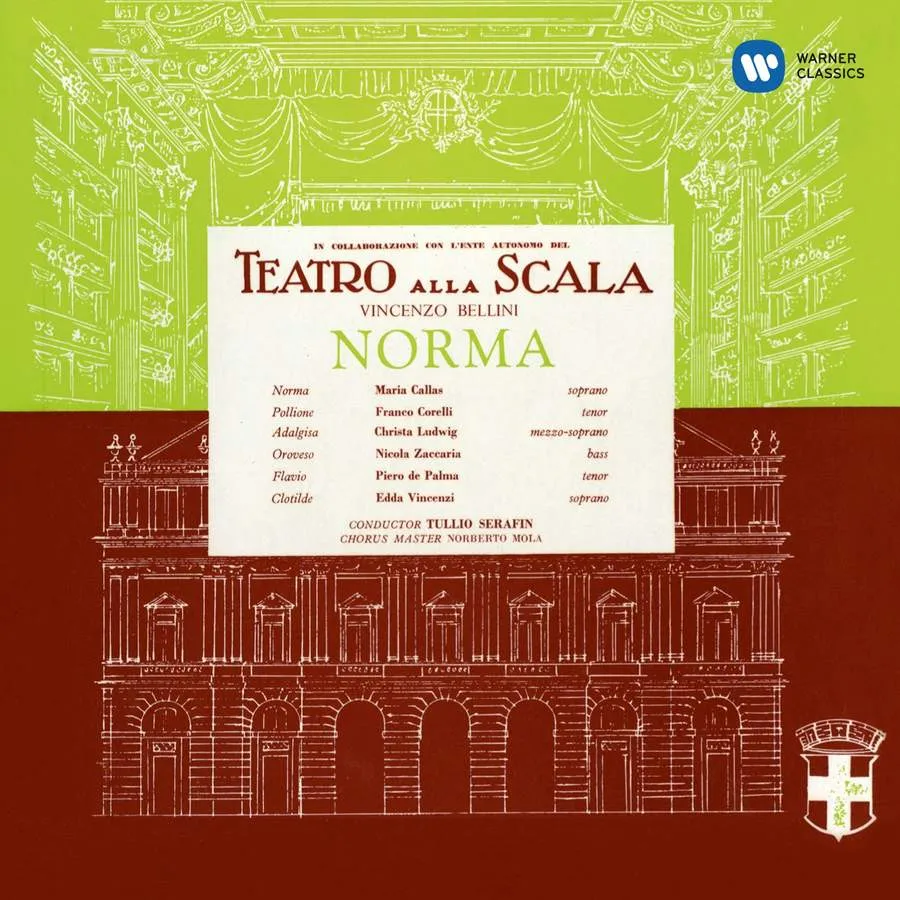
34. Brahms: Symphony No. 4
Vienna Philharmonic/Carlos Kleiber (1981). Deutsche Grammophon 457 7062
The handful of orchestral works the elusive Carlos Kleiber conducted included Brahms’s Fourth Symphony. His classic 1981 recording with the Vienna Philharmonic Orchestra has polish and fire in equal measure, displaying that characteristic Kleiber blend of intellectual rigour, passion and perfectionism. It was the last studio recording Kleiber made with the mighty Vienna Philharmonic.
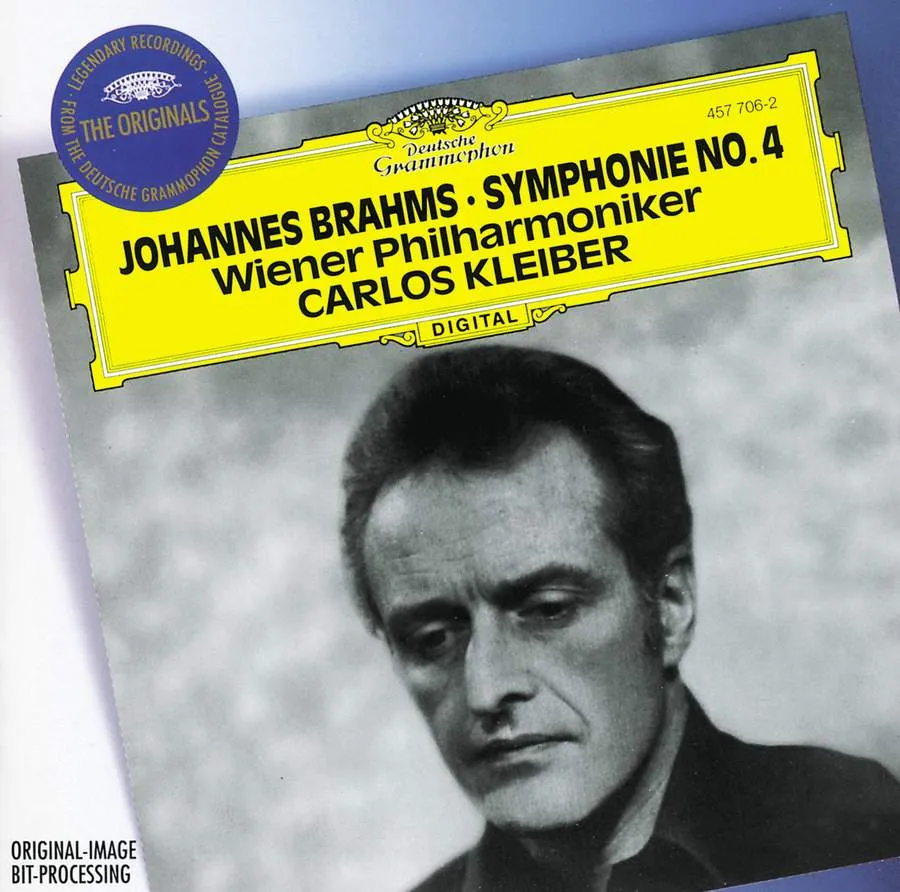
35. Ravel: Daphnis et Chloé
ROH Chorus, LSO/Pierre Monteux (1961). Decca E475 7525
A mere 47 years after conducting the ballet’s premiere, the indefatigable Pierre Monteux headed into the studio for a recording of Ravel’s Daphnis et Chloé – scored for orchestra and wordless chorus – that is unrivalled for power and intensity, variety of colour and immaculate attention to detail. As with most Decca discs of this era, the superb recorded sound can be taken as read.
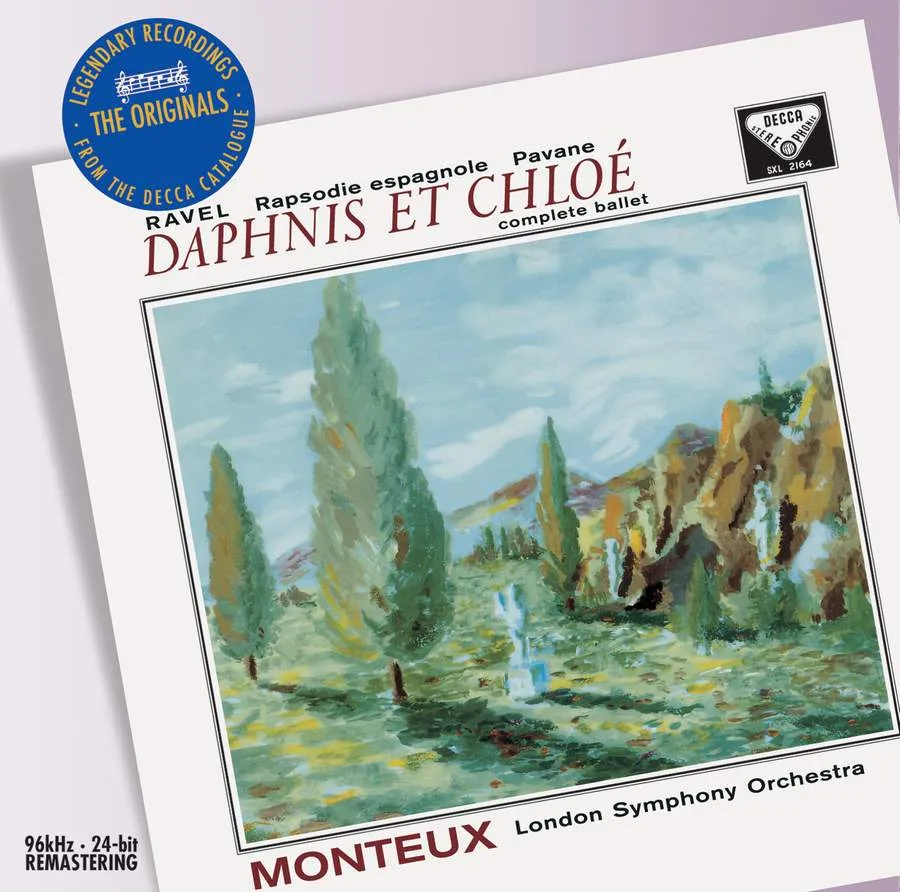
36. Verdi: Requiem
Elisabeth Schwarzkopf et al; Philharmonia/Carlo Maria Giulini (1964). EMI 631 8212
Elisabeth Schwarzkopf, Nicolai Ghiaurov, Nicolai Gedda and Christa Ludwig join the Philharmonia Chorus for this intensely personal performance of Verdi’s masterpiece under the strangely underrated Giulini. The fire and brimstone of the Verdi Requiem famous Dies Irae is there, of course, but so is a thread of human compassion which raises this recording to the extraordinary.
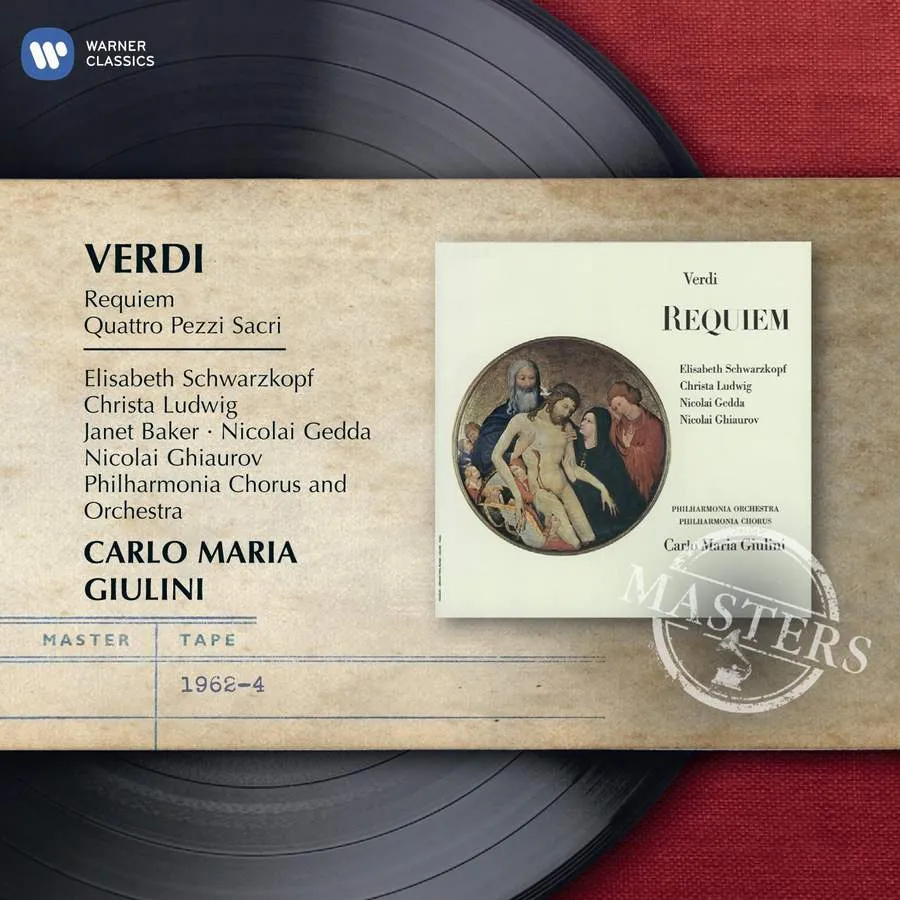
37. Chopin: Nocturnes
Claudio Arrau (piano) (1978). Philips 464 6942
The great Chilean pianist was 75 when he made this revelatory recording. It’s a profoundly moving reading of the 21 Nocturnes – the result, no doubt, of many years of performing and reflecting on them. In Arrau’s hands, the emotional worlds of these Romantic miniatures are absorbing; his spacious tempos and overarching sense of line adding weight and grandeur.
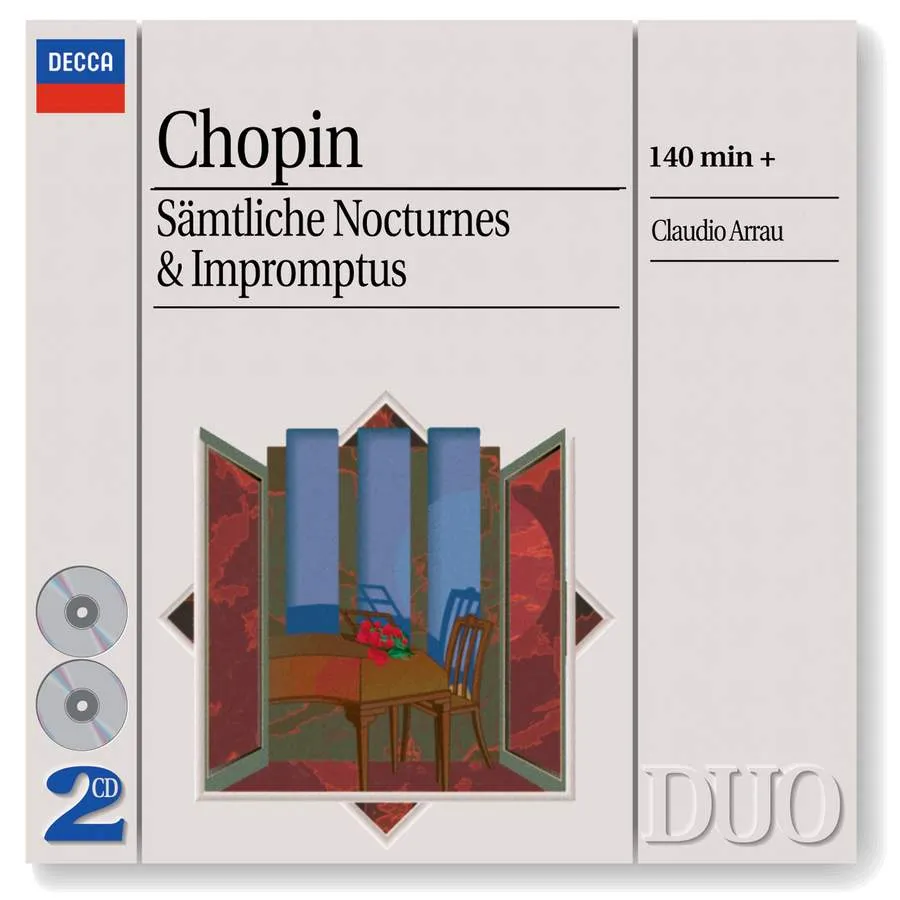
38. Mozart: The Marriage of Figaro
Cesare Siepi, Hilde Gueden et al; Vienna Philharmonic/Erick Kleiber (1955). Decca 466 3692
Erich Kleiber’s Vienna recording of Mozart’s comic opera The Marriage of Figaro, with Cesare Siepi in the title role and Hilde Gueden as a uniquely charming Susanna, remains matchless for its unfolding drama and sheer musicality. The brilliant Austrian conductor’s sense of timing is almost uncanny, keeping the action moving with tremendous pace throughout, but knowing just when to let the music linger awhile.
We named The Marriage of Figaro as one of the best Mozart operas.
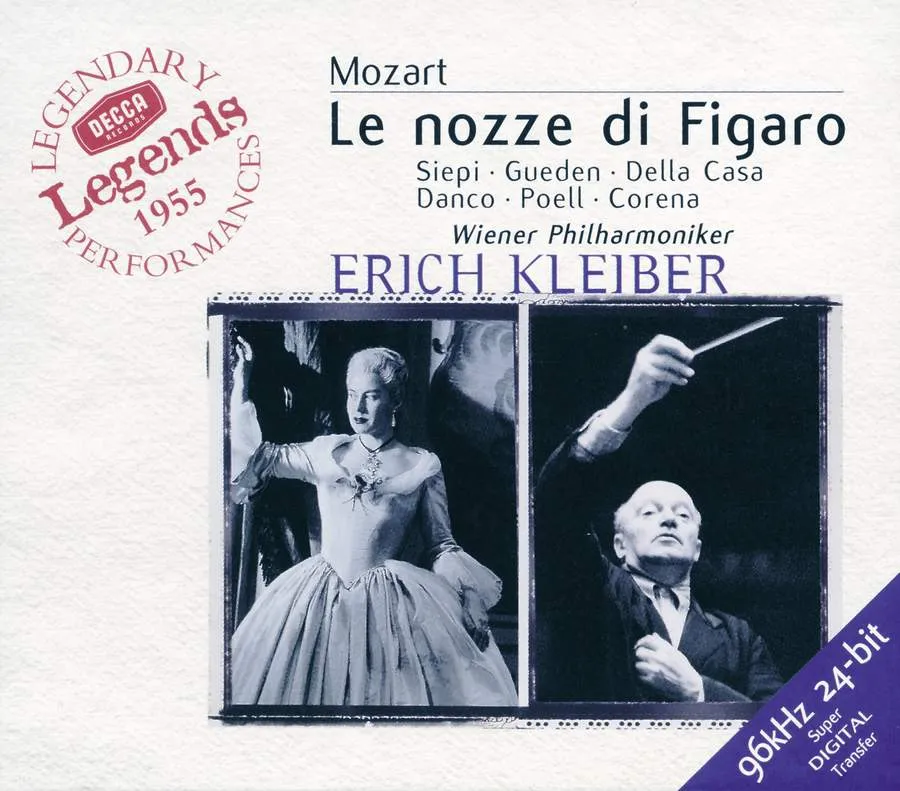
39. Beethoven: Fidelio
Christa Ludwig, Jon Vickers et al; Philharmonia/Otto Klemperer (1962). EMI 966 7032
Otto Klemperer had a close affinity to Beethoven’s only completed opera, a tricky work to perform. This, his 1962 recording in collaboration with the legendary producer Walter Legge, is typically statuesque and majestic. Christa Ludwig, a mezzo rather than true soprano, brings dark colours to the role of Leonore, while tenor Jon Vickers is a superb Florestan.
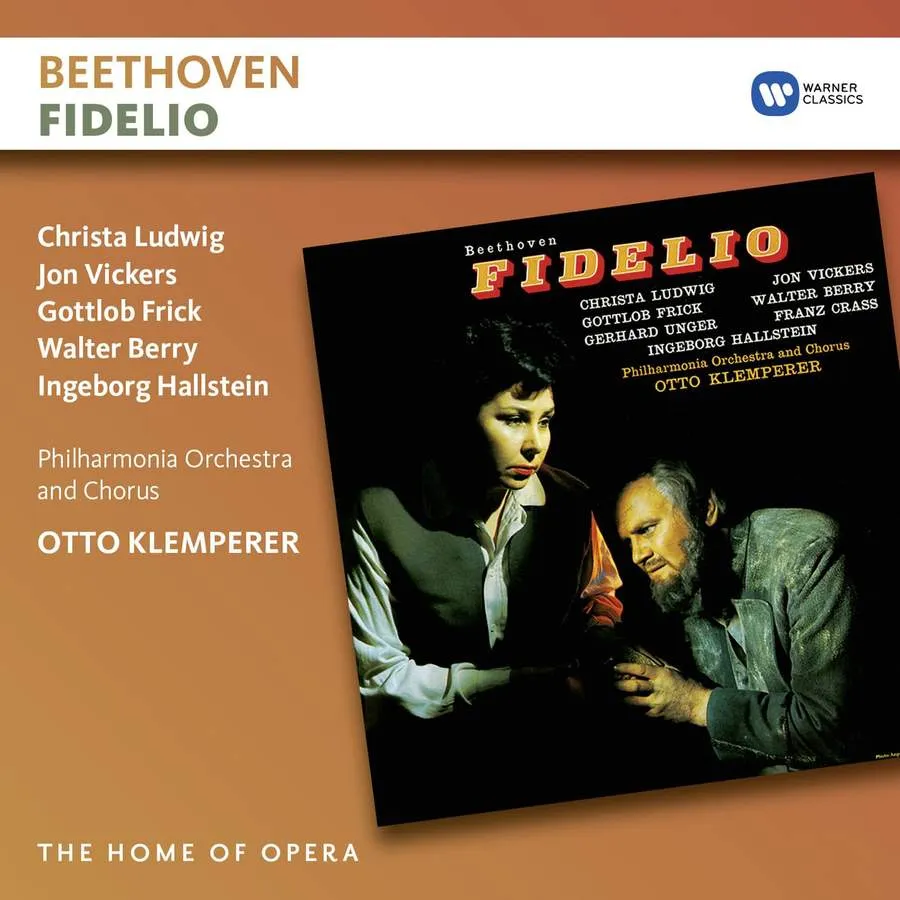
40. Janáček: Jenůfa
Elisabeth Söderström (Jenůfa) et al; Vienna Philharmonic Orchestra/Charles Mackerras (1982). Decca 475 8227
A recording that, like Mackerras’s 'Kátya Kabanová' (see No. 13) did so much to bring Janáček operas into the heart of the repertoire worldwide. Elisabeth Söderström plays the title role, but this recording is all about the tour de force that is mezzo Eva Randová’s terrifying, yet somehow tender, Kostelnicka.
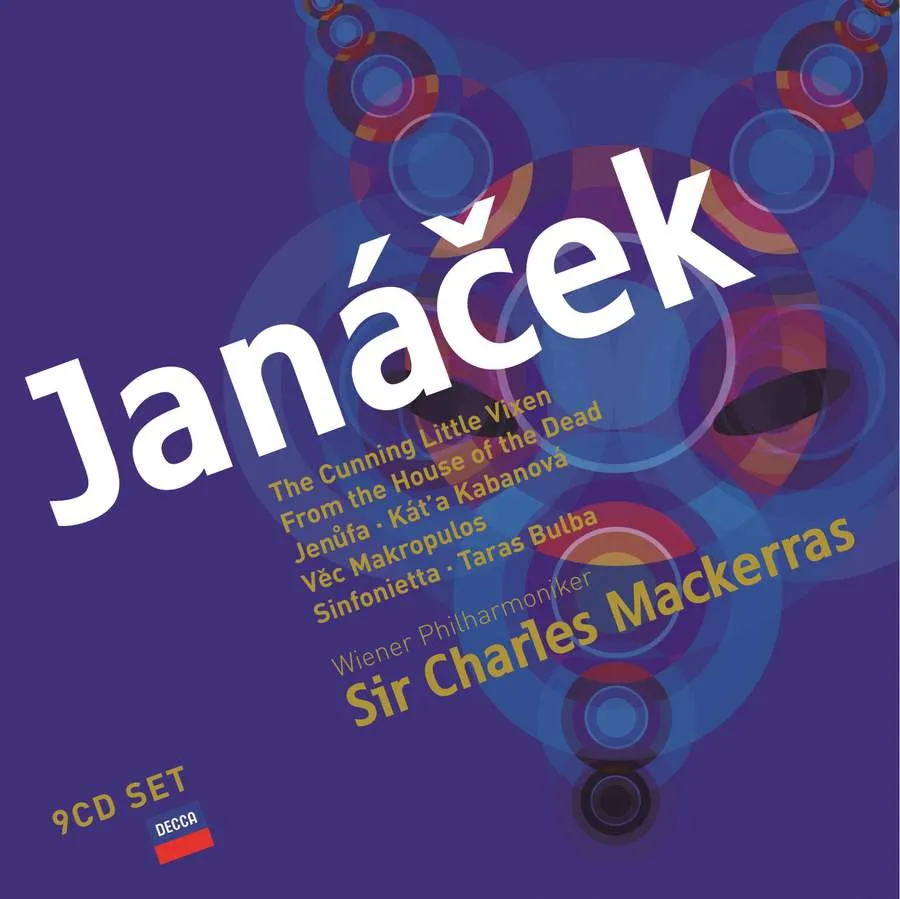
The best classical recordings of all time: 41 to 50
41. Stockhausen: Gesang der Jünglinge (1963). Stockhausen Edition No. 3
Composed in 1956, this ground-breaking electronic music work – the first to blend a recorded human voice with electronic sounds – was not commercially released until 1963 when it was issued by Deutsche Grammophon on LP. The recording had a widespread impact not only in the world of ‘classical’ music but also in pop, most famously in the work of Lennon and McCartney (hence featuring Stockhausen on the album cover of Sgt. Pepper’s).
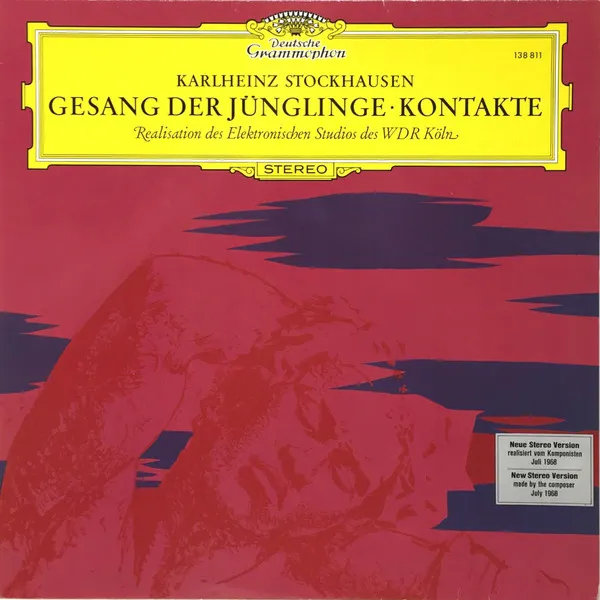
42. R Strauss: Four Last Songs
Gundula Janowitz; Berlin Philharmonic/Herbert von Karajan (1971). Deutsche Grammophone 447 4222
Even among the remarkable number of first-rate recordings of Richard Strauss’s Four Last Songs currently in the catalogue (and there are over 40) Gundula Janowitz still excels. Her performance is wistful and nostalgic, of course, but Janowitz also bewitches and enchants like no other as she interweaves her soprano line around Karajan’s sublimely paced and immaculately played orchestral accompaniment.
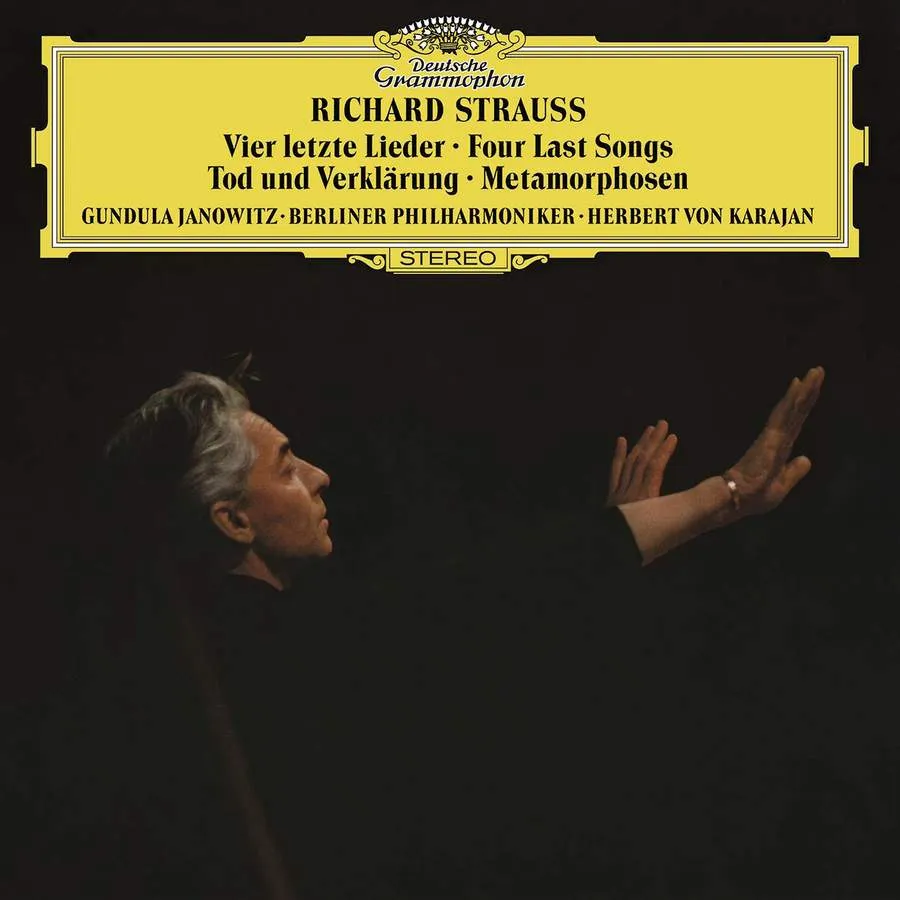
43. Berg: Lulu
Teresa Stratas et al; Orchestra de l'Opéra de Paris/Pierre Boulez (1979). Deutsche Grammophon 463 6172
Berg never completed the orchestration of his second opera Lulu, a lurid three-act drama with a tragic anti-heroine. His wife Helene banned its completion, only allowing its two-act version to be performed. But after her death, composer and conductor Friedrich Cerha took on the task of finishing the opera: this is the version immortalised here under the baton of Pierre Boulez. Teresa Stratas is an unforgettable Lulu.
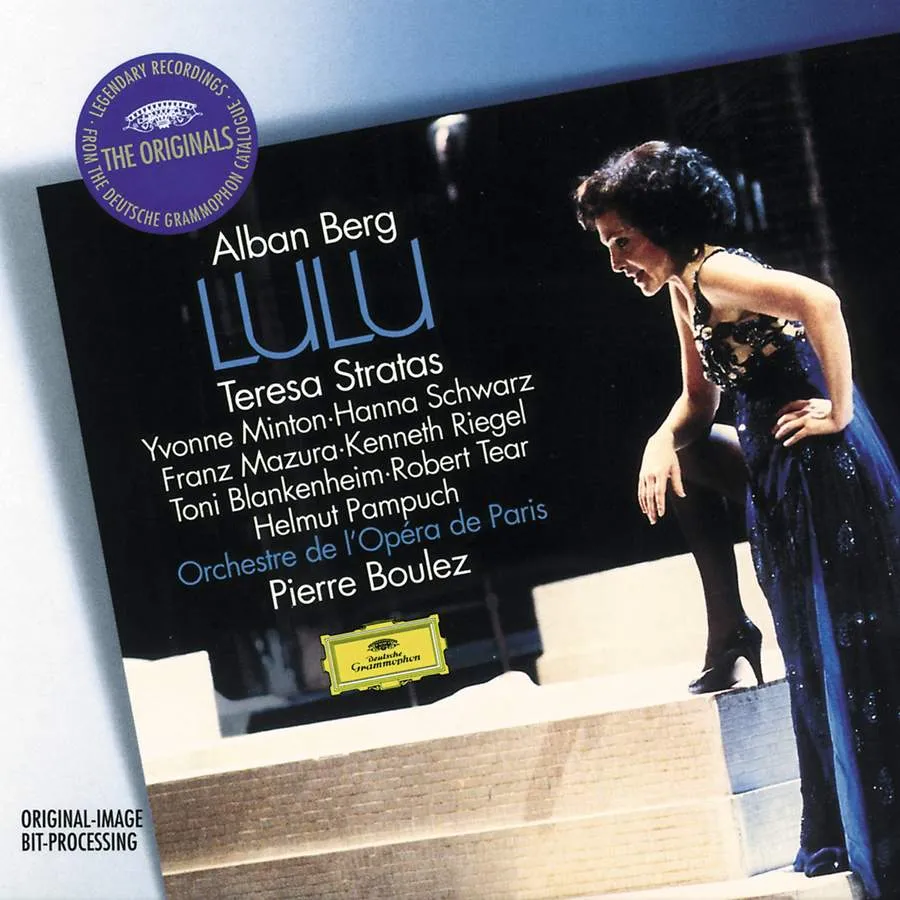
44. JS Bach: The Well-Tempered Clavier
Edwin Fischer (piano) (1933-6). EMI 391 9582
Between 1933 and 1936, decades before the word ‘authentic’ was common currency in Baroque circles, Swiss pianist Edwin Fischer made the first complete recording of Bach’s The Well-Tempered Clavier, a version that is remarkable for its clarity, restraint and intellectual rigour. The result was a recording that, despite the lesser quality of the sound reproduction, many today still view as definitive.
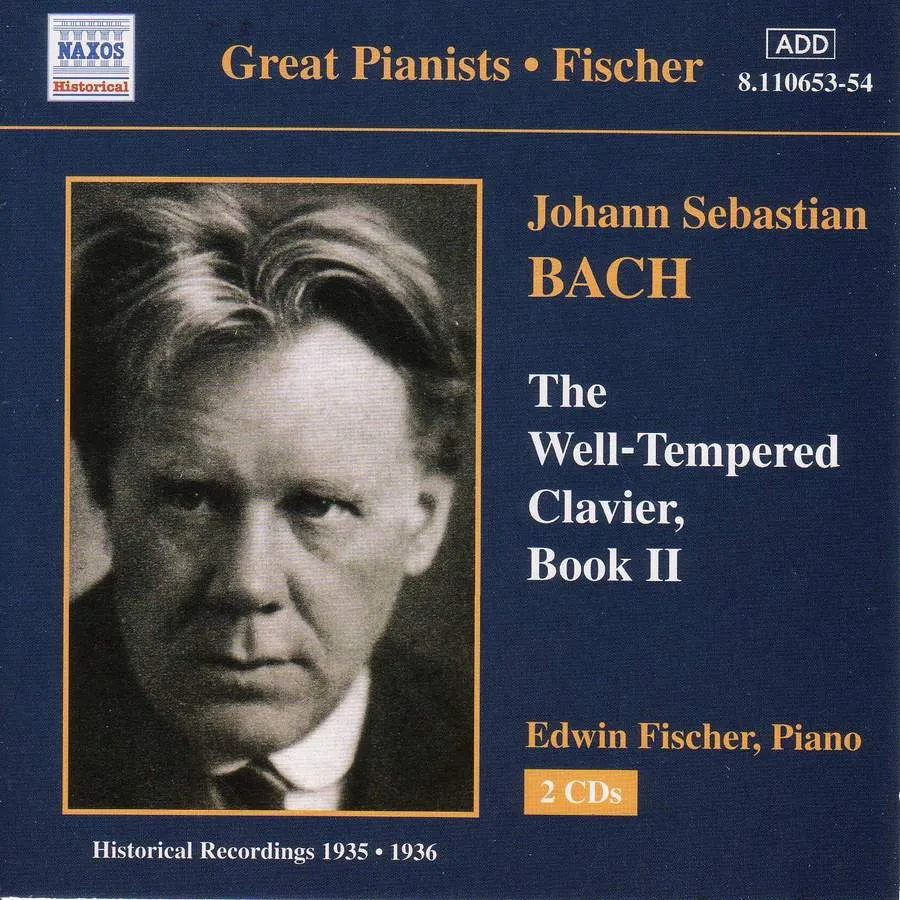
45. Bartók: Concerto for Orchestra
Chicago Symphony Orchestra/Fritz Reiner (1955). RCA – download only
Fritz Reiner persuaded Serge Koussevitsky to commission Bartók in 1943 to write his orchestral masterpiece, and it was Reiner who went on to make the ultimate recording in 1955 with the Chicago Symphony. Expertly juggling the music’s wry humour, despair and sense of shattered dreams, this version is a crisply recorded wonder of an analogue age.
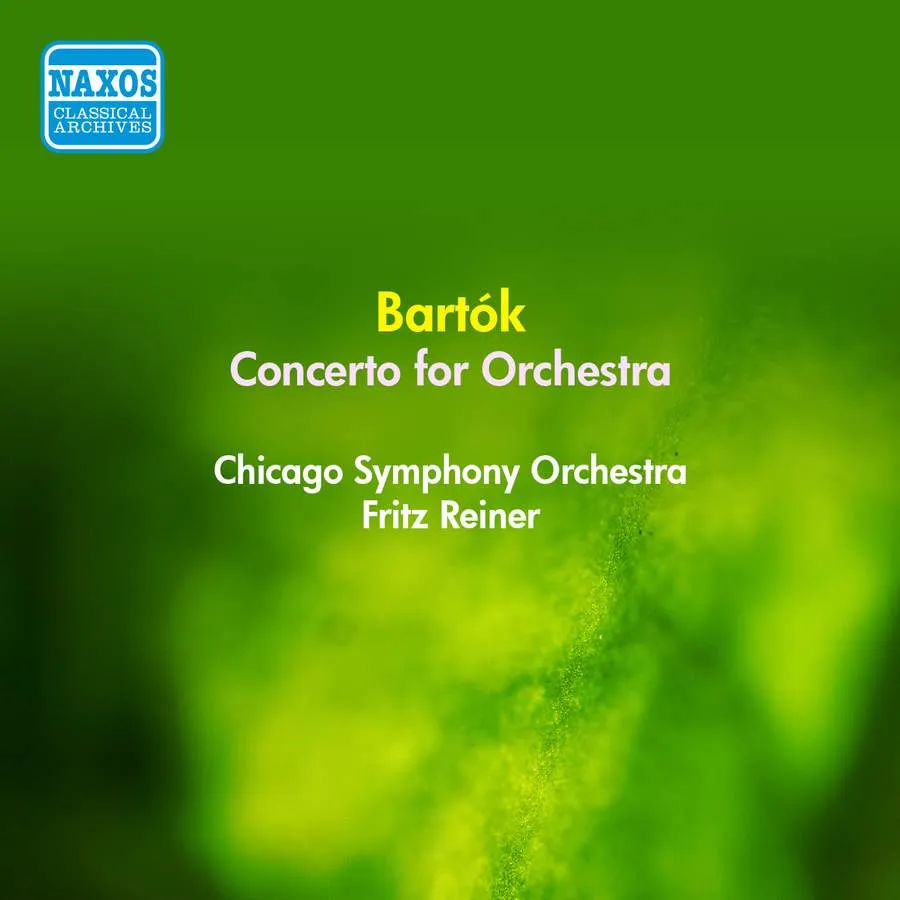
46. Britten: Billy Budd
Peter Glossop (Budd), Peter Pears (Vere) et al; LSO/Britten (1961). Decca 417 4282
This 1961 recording is the first of three in our chart in which Britten conducts his own work. His hauntingly claustrophobic sea-borne opera receives a definitive performance, superbly captured by producer John Culshaw. Peter Pears’s Captain Vere oversees matters masterfully, but it’s Peter Glossop and Michael Langdon as the pitiable Budd and odious Claggart who really drive the action.
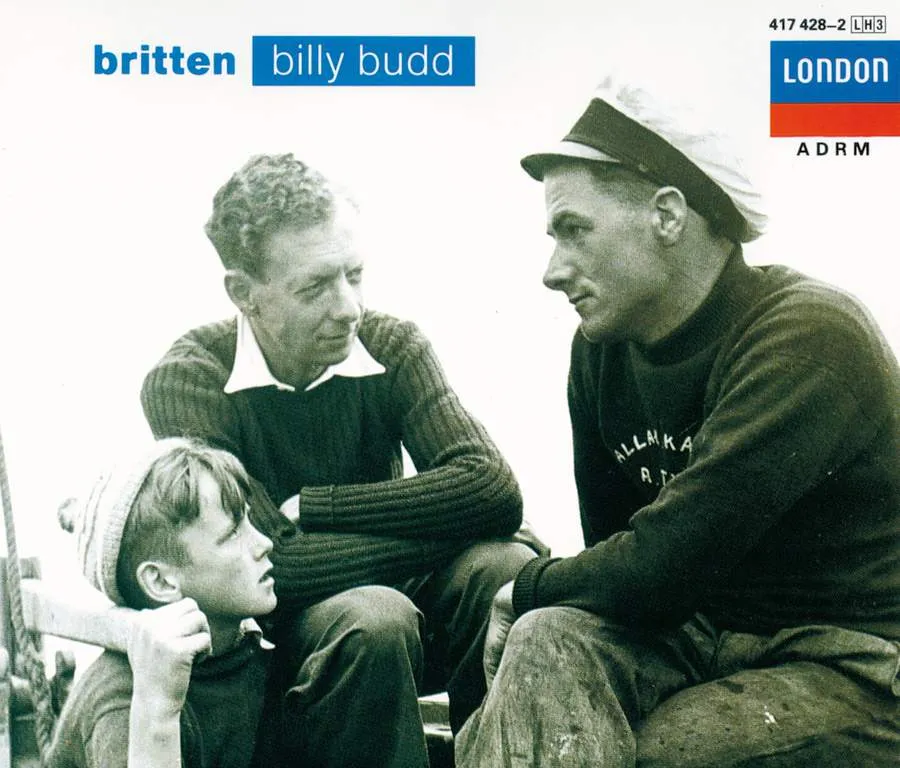
47. Schubert/Mozart: Fantasie Op. 103/Sonata K448
Murray Perahia, Radu Lupu (pianos) (1984, 1990). Sony SK 39511
Aldeburgh, Suffolk was the backdrop for this superlative recording, which brings together two of today’s greatest pianists. Murray Perahia was director of the Aldeburgh Festival for several years in the 1980s, during which time he and Radu Lupu brought their incomparable artistry to Mozart’s quasi-orchestral Sonata K448 and Schubert’s sublime Fantasie.
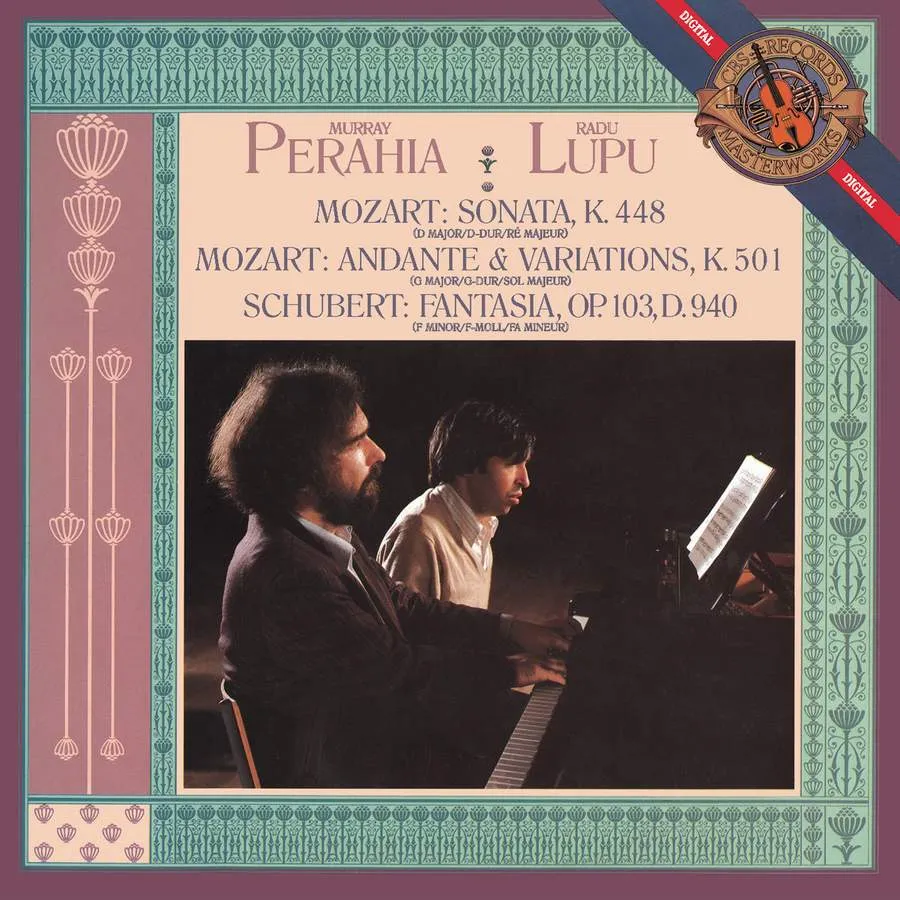
48. Smetana: Má vlast
Czech Philharmonic/Rafael Kubelik (1990). Supraphon 1112082
A live performance of Smetana's Má vlast made in directly opposite circumstances to Walter’s Mahler. After an absence of 41 years, Rafael Kubelik returned to Czechoslovakia, itself recently celebrating the Iron Curtain’s fall. Recorded at the 1990 Prague Spring Festival, Smetana’s musical evocation of his Czech homeland has never been so profoundly felt.
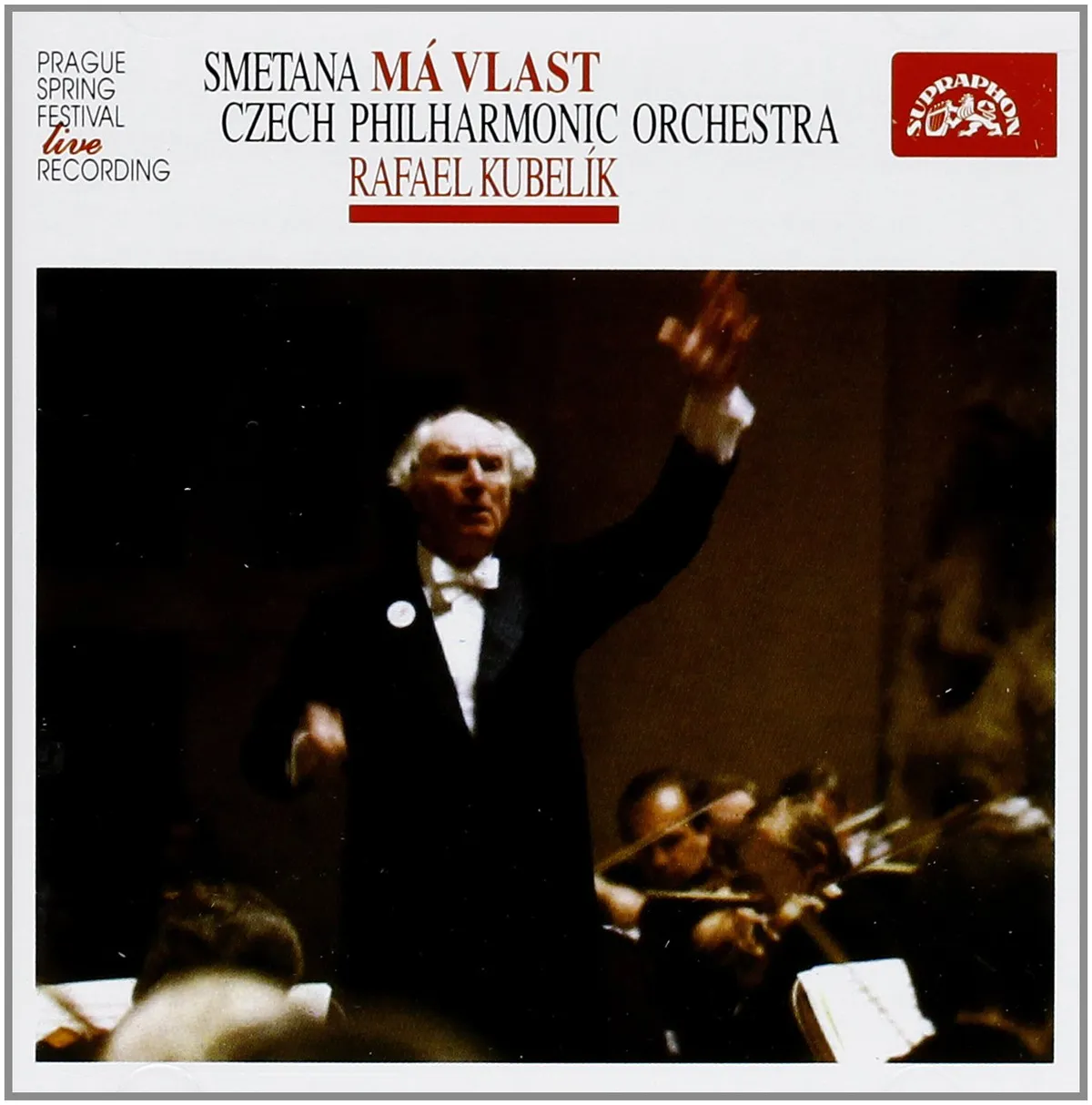
49. Mahler: Symphony No. 9
Vienna Philharmonic Orchestra/Bruno Walter (1938). Naxos 8.110852
This, the first ever recording of Mahler's Ninth Symphony, brings together the same conductor and orchestra that also gave the first ever performance back in 1912. Recorded live in concert just weeks before the Anschluss in 1938, it was known that both Bruno Walter himself and the many Jewish players in the orchestra would soon be forced to leave. The resulting performance is extraordinarily moving.
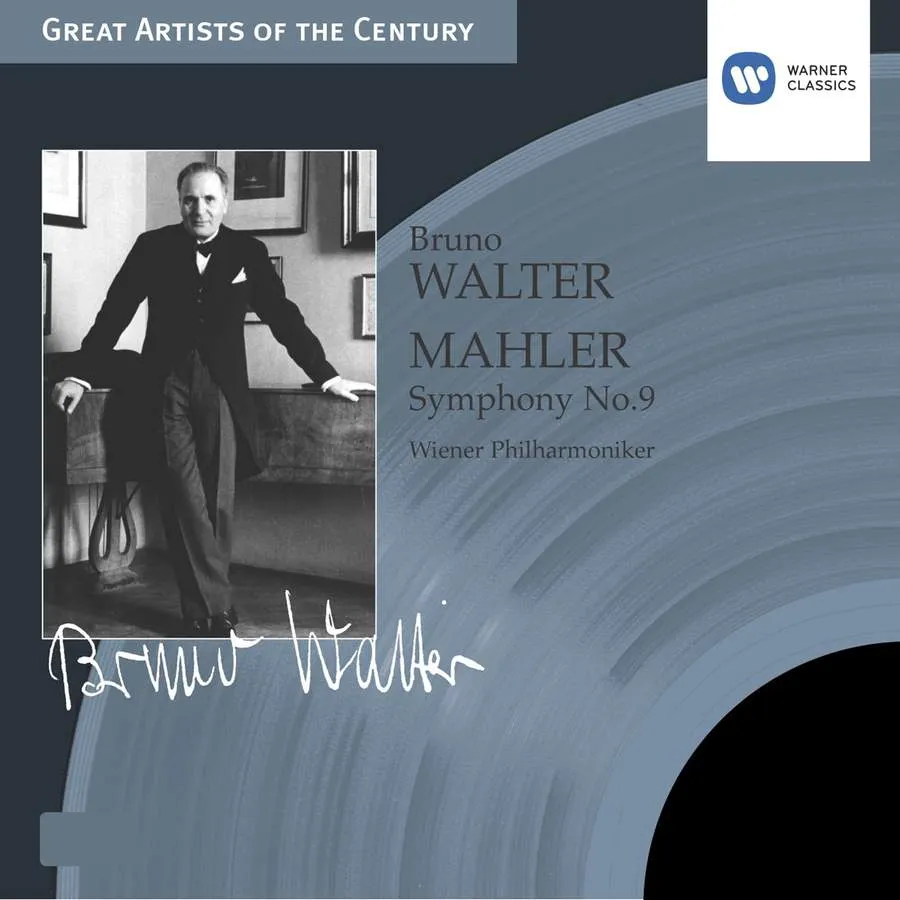
50. JS Bach: Mass in B minor
Vienna Boys' Choir, Concentus Musicus Wien/Nikolaus Harnoncourt (1968). Warner 2564 69853-8
It may be 40 years since Nikolaus Harnoncourt recorded the first ‘period instrument’ account of Bach's Mass in B minor, but this intelligent, historically informed, fresh approach – using boy trebles and altos – still feels new and exciting. It’s not the most accurate rendition, but it oozes a pioneering spirit, paving the way for Gardiner, Herreweghe et al.
